Conference Speakers
Opening Remarks
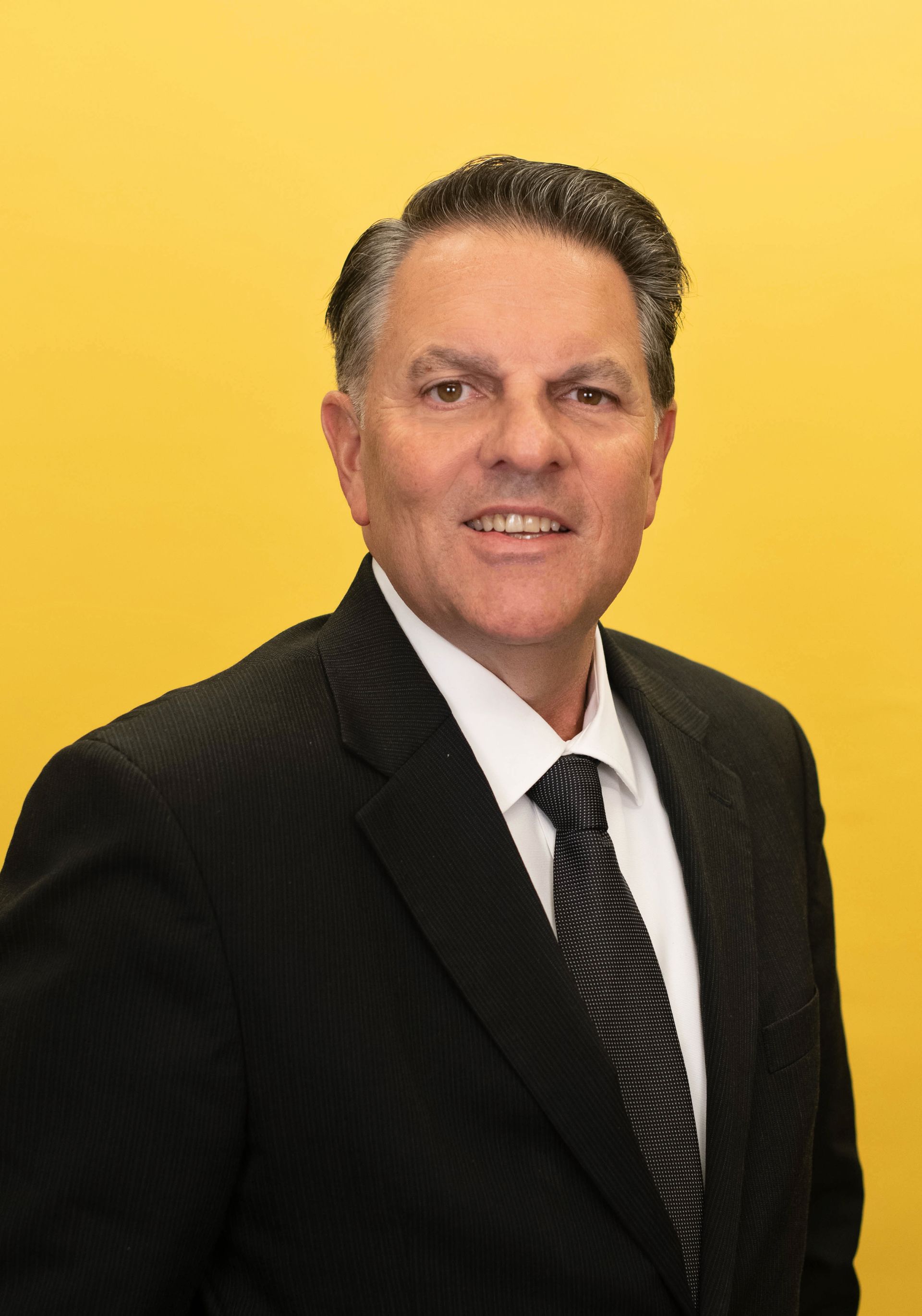
Mark Lichtenstein, Executive Operating Officer, Chief Sustainability Officer, Environmental Studies Adjunct Faculty, SUNY ESF
Mark Lichtenstein is the executive operating and chief sustainability officer at the State University of New York, College of Environmental Science and Forestry (ESF). He is also a faculty associate in the Program for the Advancement of Research on Conflict and Collaboration at Syracuse University’s Maxwell School of Citizenship and Public Affairs.
Mark has been engaged with sustainability and regenerative community engagements throughout the US, including Puerto Rico and the US Virgin Islands, and in Belize, Brazil, British Virgin Islands, Guatemala, Honduras, and Mexico. He served eighth terms as president and is an honorary lifetime board member of the National Recycling Coalition; co-led the formation of national and regional recycling organizations in the US; and, conceived of, and is Principal Investigator for the New York State Center for Sustainable Materials Management, the first of its kind in the US.
Mark has a Master of Arts in Public Administration, and a Graduate Certificate of Advanced Studies in Conflict Resolution, both from Syracuse University’s Maxwell School, and graduate training in environmental science and a Bachelor of Science in Environmental Studies from ESF. He has certified mediator training, is an experienced interest-based negotiator and process facilitator, and is a certified public participation specialist.
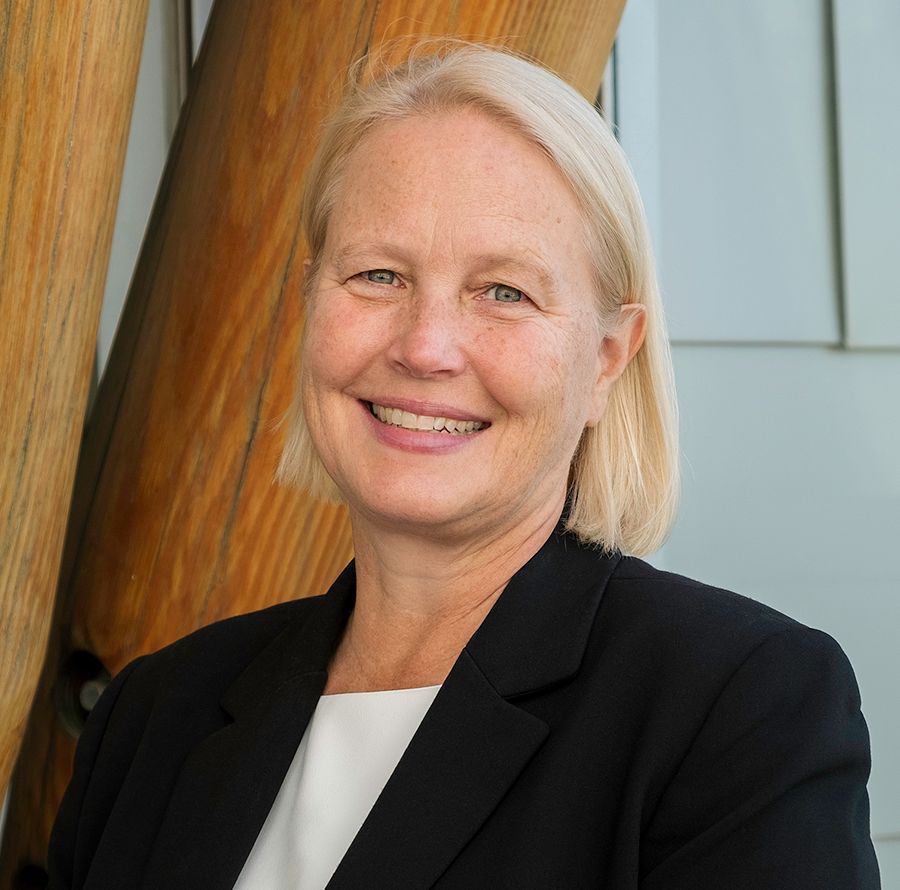
Joanie Mahoney, President, SUNY ESF
Joanie Mahoney was appointed President at the SUNY College of Environmental Science and Forestry in November, 2020.
Prior to ESF, Ms. Mahoney served as Onondaga County Executive for 11 years and oversaw all aspects of a county government, which served 460,000 residents. During her tenure as county executive, she earned national recognition for her environmentally friendly stewardship.
Before her elective office, Joanie worked as an attorney both in private practice with the Harris Beach law firm and for five years as a criminal prosecutor in the Onondaga County District Attorney's Office.
Joanie serves as chair of the New York State Thruway Authority.
Ms. Mahoney received her bachelor of science degree from Syracuse University's School of Management and her juris doctor from S.U.'s College of Law.
She and her husband Marc Overdyk have 4 adult sons and live in Dewitt, NY.

Kathryn Walker, Executive Director, Center for Sustainable Materials Management at SUNY ESF
Kathryn Walker serves as the Executive Director for the New York State Center for Sustainable Materials Management (CSMM) at SUNY Environmental Science and Forestry. Walker brings with her 20 years of experience working in the environmental education and sustainability fields in New York State. Walker serves on the Boards of the New York State Association for Reduction, Reuse and Recycling, the New York State Product Stewardship Council and as a founding member and President for the Rochester Ecology Partners. Prior to joining SUNY ESF, Kate led a statewide Outreach and Education program for the New York State Pollution Prevention Institute at the Rochester Institute of Technology, where she managed project funding to over 100 organizations and municipalities across the state. Kathryn has developed an extensive network of regional and statewide stakeholders, including government, industry, community, academic, non-profit, and health and environmental organizations to advance sustainable materials management and pollution prevention policies. Walker holds a B.A. in Environmental Studies from St. Lawrence University.

Melissa Young, Director, Institute for Sustainability Engagement at Syracuse University
Melissa has 17+ years of experience working on community sustainability, with a focus on waste reduction, reuse, recycling, and sustainable organics management. Melissa is currently on the board of NYS Association of Reduction, Reuse, and Recycling (NYSAR3) and has previously served on the board of the National Recycling Coalition. Melissa is a Master Composter, certified in Onondaga County, New York City, and US Composting Council. She received her Master of Science degree in Natural Resource Management from the SUNY College of Environmental Science and Forestry. Melissa also serves on the board of the Queens County Farm Museum located in Queens, NY.
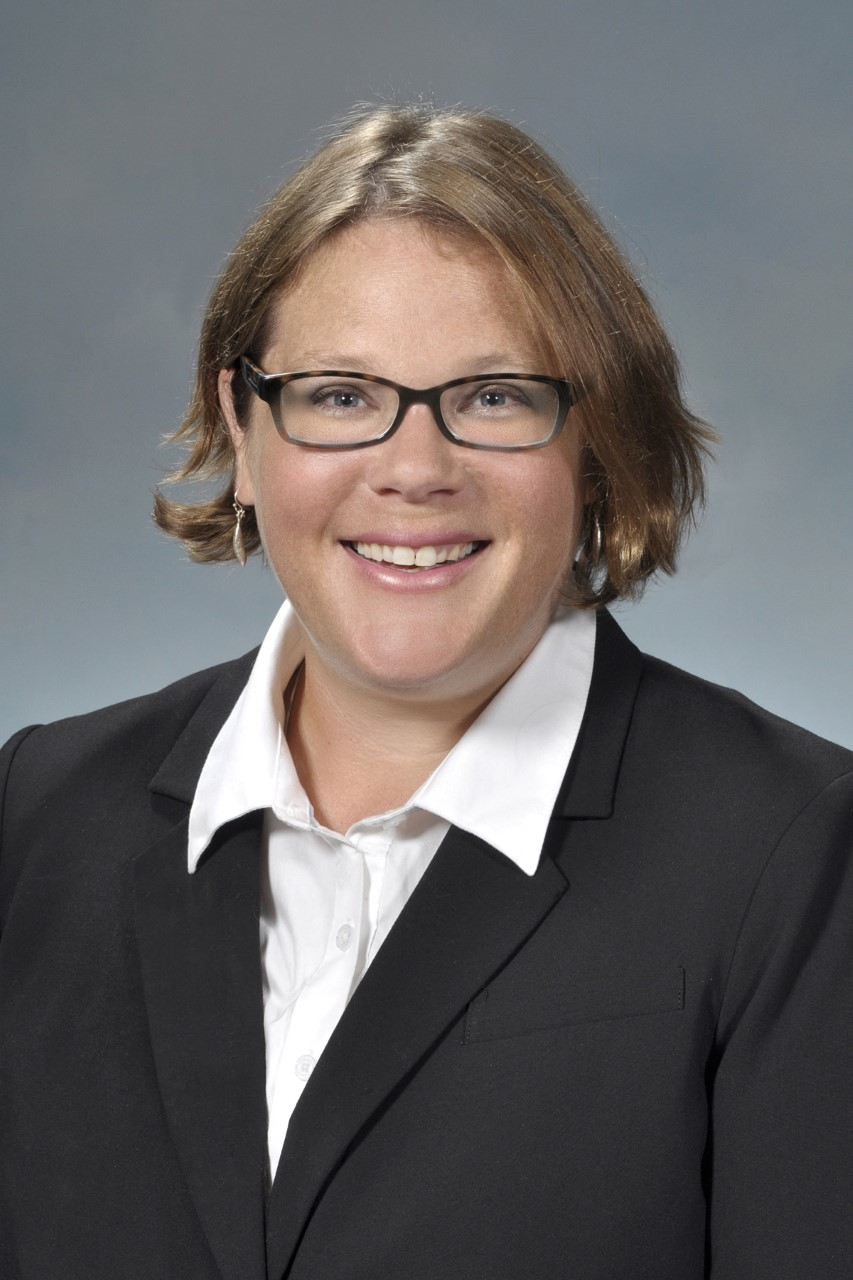
Dereth Glance, Director Region 7, New York State Department of Environmental Conservation
Dereth Glance has been added to the line-up. Dareth Glance is the Director for Region 7 at the New York State Department of Environmental Conservation (NYSDEC). Prior to the that, Glance served as Deputy Commissioner for Environmental Remediation and Material Management NYSDEC and the Executive Director for Onondaga County Resource Recovery Agency (OCRRA). Prior to that, Glance was appointed by President Obama to serve as a U.S. Commissioner at the International Joint Commission (IJC) charged with preventing and resolving disputes and promoting cooperation for the shared waters of the United States and Canada. She also previously served as Executive Program Director of Citizens Campaign for the Environment (CCE), directing water, energy and waste reduction programs for five regional offices in New York and Connecticut and chaired the Citizen Participation Working Group for the Onondaga Lakes Bottom Subsite of the Onondaga Lake Superfund Site and OCRRA recycling committee. Glance has served on New York State’s Great Lakes Basin Advisory Council, the Clean Water Network and the Onondaga Lake Partnership Outreach Committee. She graduated from James Madison College of Public Affairs at Michigan State University with a degree in Political Theory and Constitutional Democracy.
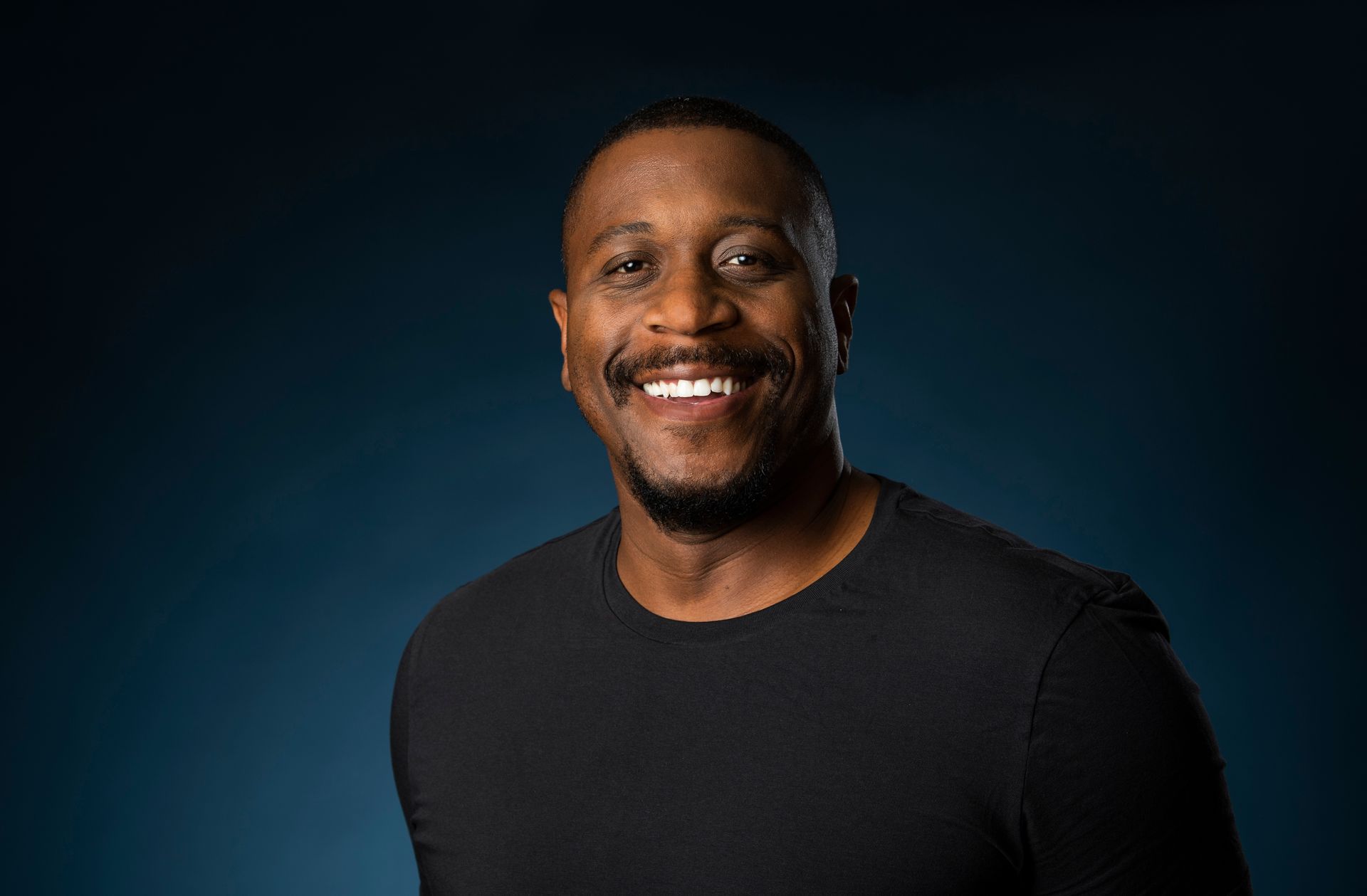
Garry Cooper Jr., PhD, CEO and Co-founder, Rheaply
Dr. Garry Cooper is the Co-founder and CEO of Rheaply, a Chicago-based climate tech, which scales reuse programs for large organizations, by helping them better utilize physical resources. He also serves as vice chair on P33 Chicago’s board as well as a board member of 1871 and Northwestern's Master of Product Design and Management program. He is a founding partner at LongJump Ventures. Previously, Dr. Cooper served on the faculty of Northwestern University and facilitated supply chain improvements for enterprise businesses at Ernst & Young. He holds a Ph.D. in neuroscience from Northwestern University, a certificate in management from the Kellogg School of Management, and a BS & BA in mathematics and chemistry from Indiana University. He also has a 7 year old rescue dog named Sasha that takes up most of his free time, in the best way possible.
Concurrent Session A | All Things Reuse!
Join us for an inspiring exploration into the diverse and innovative ways communities and institutions are embracing reuse! From campuses to local neighborhoods, this session will dive into real-world examples of how reuse is transforming waste reduction efforts and fostering community engagement. Learn about the implementation of a dynamic marketplace on SUNY ESF’s campus, designed to keep surplus materials in circulation, and explore an exciting initiative from researchers at Alfred University working with New York State wineries and distilleries to explore the feasibility of bottle washing and reuse practices. We’ll also showcase the impacts of empowering communities to lead their own reuse initiatives through a Reuse Grant program in partnership with NYSAR3, and how a small town like Keeseville, NY, is making big waves with its new tool library. Whether you're curious about reuse or looking for actionable ideas to take back to your community or campus, this session will leave you inspired and ready to act!
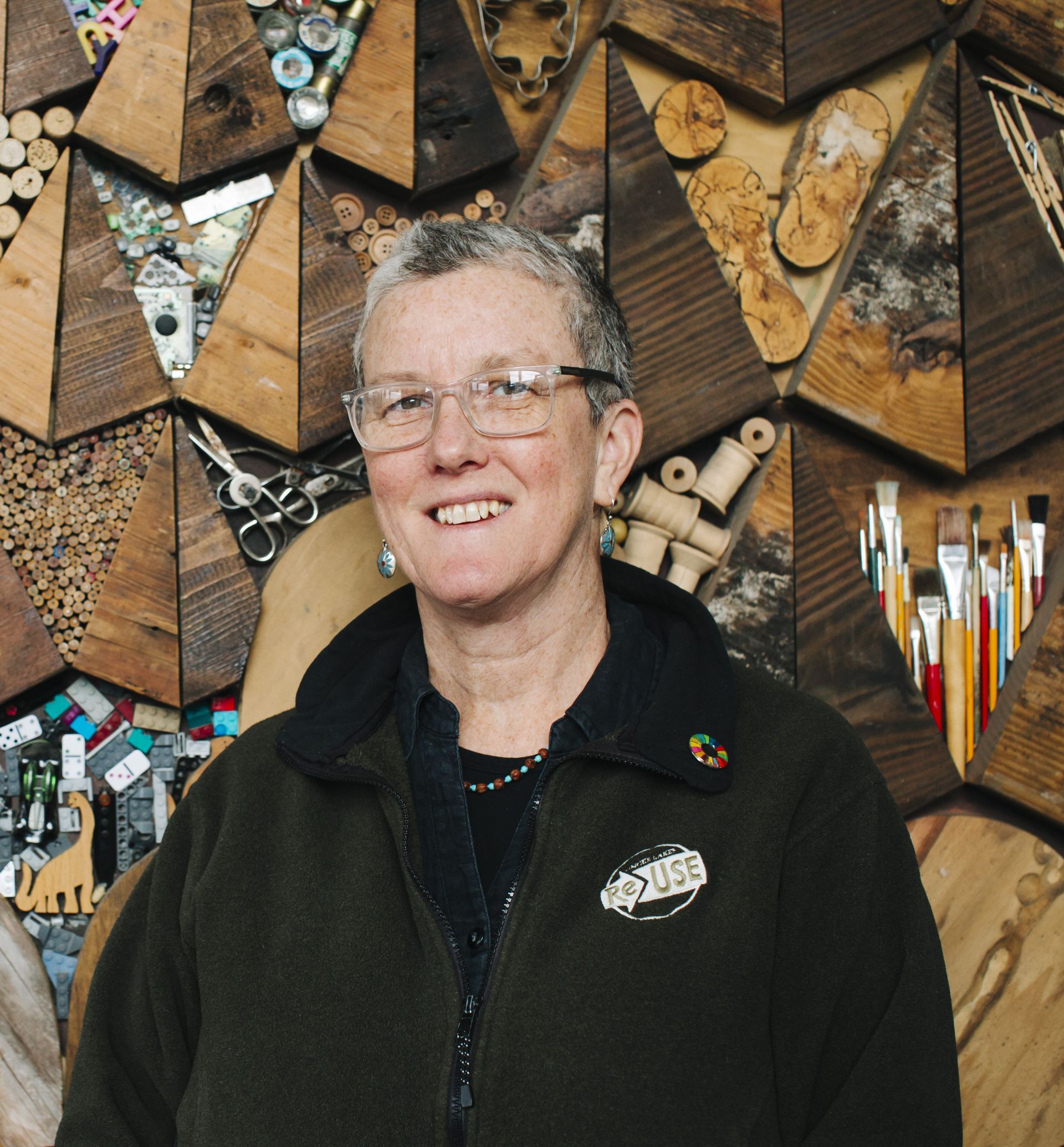
Diane Cohen, Chief Executive Officer, Finger Lakes ReUse, Inc.
Diane Cohen is chief executive officer of Finger Lakes ReUse, Inc., an award-winning nonprofit enterprise incorporated in Ithaca, NY in 2007 to help transform the costs of waste into community value. Diane has been working professionally in waste diversion through reuse since 2001, and enjoys taking a collaborative approach with multi-sector partners to help design and activate a more comprehensive, sustainable and just materials management system. The ultimate goal is for all reusable and repairable materials to remain circulating in local economies, providing opportunities for skill-building, empowerment and community connection in the process.
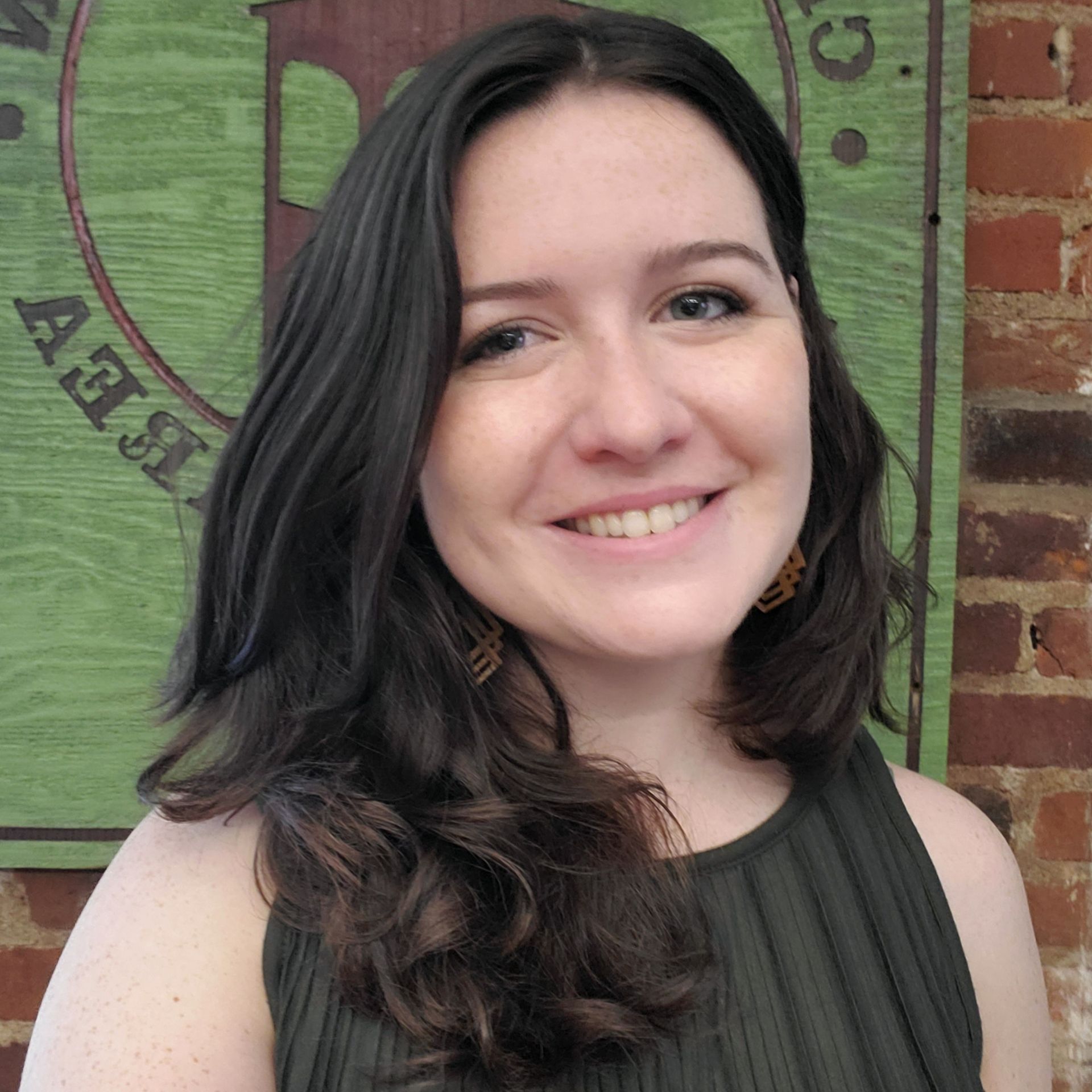
Delaney Demro, Program Manager, Center for Sustainable Materials Management at SUNY ESF
Delaney is a Program Manager with the Center for Sustainable Materials Management at the State University of New York College of Environmental Science and Forestry (ESF). She leads ISE's waste reduction projects which includes the CSMMxTRUE program, a public-private partnership for zero waste certification with USGBC's TRUE Certification for Zero Waste. She also supports CSMM's reuse and green procurement initiatives across New York State.
She previously worked for ESF's Office of Sustainability where she led the development of the College’s Sustainability Action Plan, Green Purchasing Guide, Sustainability Ambassadors program, and the Sustainable Events and Green Office certification programs.
Delaney holds a B.S. in Natural Resources and Environmental Sciences from the University of Illinois at Urbana-Champaign and an M.S. in Environmental Science from ESF. Before attending graduate school, she worked at Argonne National Laboratory performing research on phytoremediation of bioenergy crops in agricultural fields and anaerobic co-digestion of food waste in municipal wastewater treatment systems.

Sue Fassler, Director of Sustainability, Center for Sustainable Materials Management at SUNY ESF
Sue serves as the Director of Sustainability at the SUNY College of Environmental Science and Forestry. She also focuses on closed loop, responsible purchasing efforts and reuse at the Center for Sustainable Materials Management, sits on the Tug Hill Tomorrow Land Trust Board of Directors, co-chairs the United University Professions (UUP) statewide Environmental Issues & Advocacy Committee, and serves on the SUNY Sustainability Advisory Council.
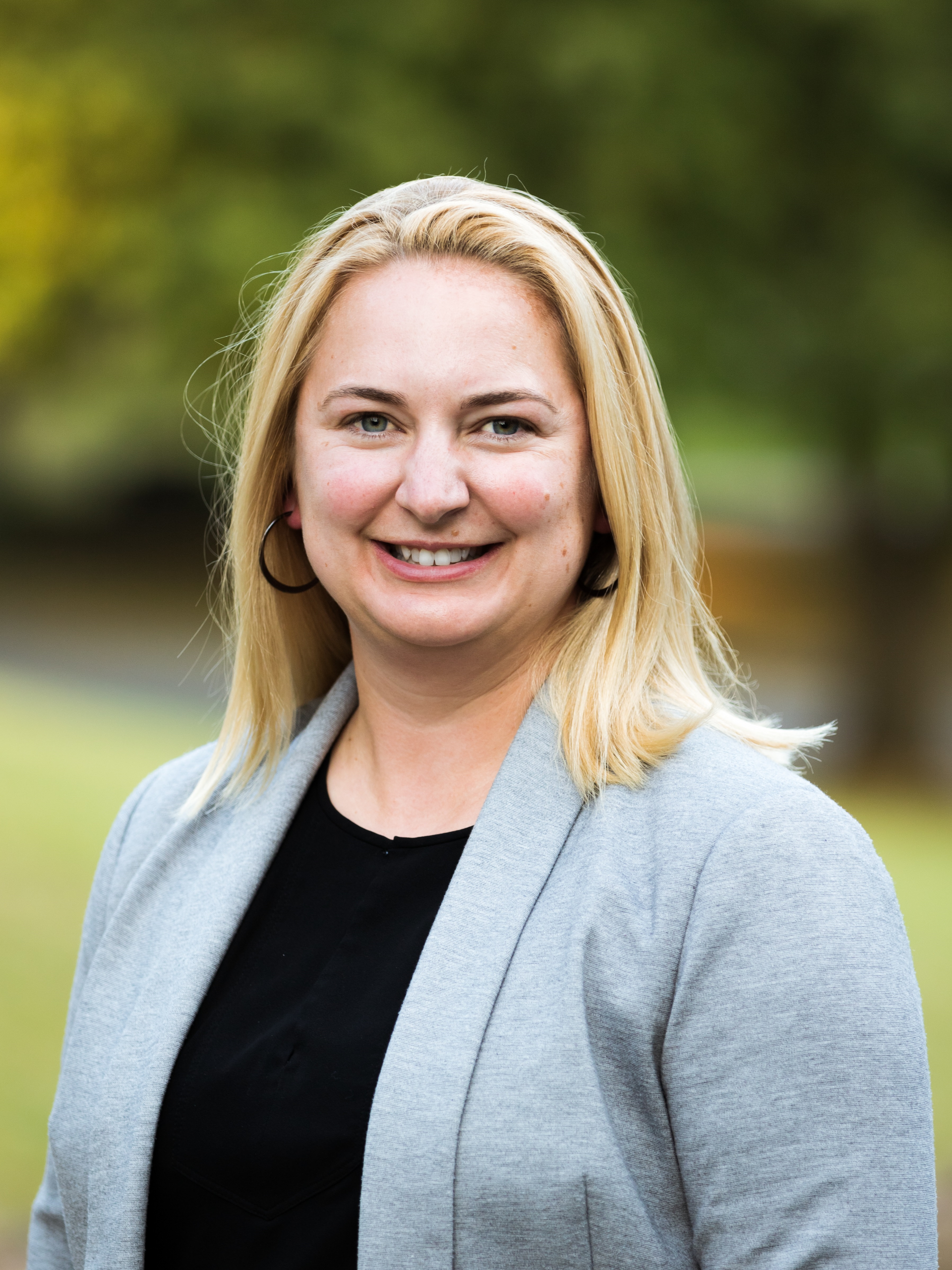
Gabrielle Gaustad, Dean of the Inamori School of Engineering, Alfred University
Dr. Gabrielle Gaustad is the Dean of the Inamori School of Engineering at Alfred University, Associate Provost of Research, and the Vice President for Statutory Affairs of the New York State College of Ceramics. For ten years prior, she was an Associate Professor in the Golisano Institute for Sustainability at the Rochester Institute of Technology. She holds a PhD in Material Science and Engineering and an MS in Computation for Design and Optimization from MIT and a BS in Ceramic Engineering from AU. The Gaustad group conducts research quantifying the economic and environmental trade-offs for materials at their end-of-life with a focus on recycling, resource recovery, and promoting a circular economy. Recent projects have focused on glass recycling in New York State, recycling PV and LIBs, and scarcity and criticality issues in supply chains. Dr. Gaustad has managed over $6M in externally sponsored research as PI and an additional $5M as co-PI or SP. She has a personal passion for attracting under-represented students to the engineering field as well as curricular innovation.
Methodologies include a variety of systems modeling techniques such as dynamic material flow analysis, optimization, simulation, systems dynamics, economic modeling, process based cost modeling, and life-cycle assessment, as well as traditional material characterization such as TGA, PSD, SEM, XRD, XRF, EDS, and ICP-MS. Specific projects include implications of material scarcity and criticality for clean energy technologies, aluminum and steel recycling technologies and compositional analysis, and environmentally benign and economically efficient recycling of lithium ion batteries, particularly those containing nanomaterials. Gaustad has been an organizer for several conferences on materials for clean energy (MCARE 2018) and recycling (REWAS 2019) and served as guest editor for an issue of Resources, Conservation, and Recycling on the circular economy.
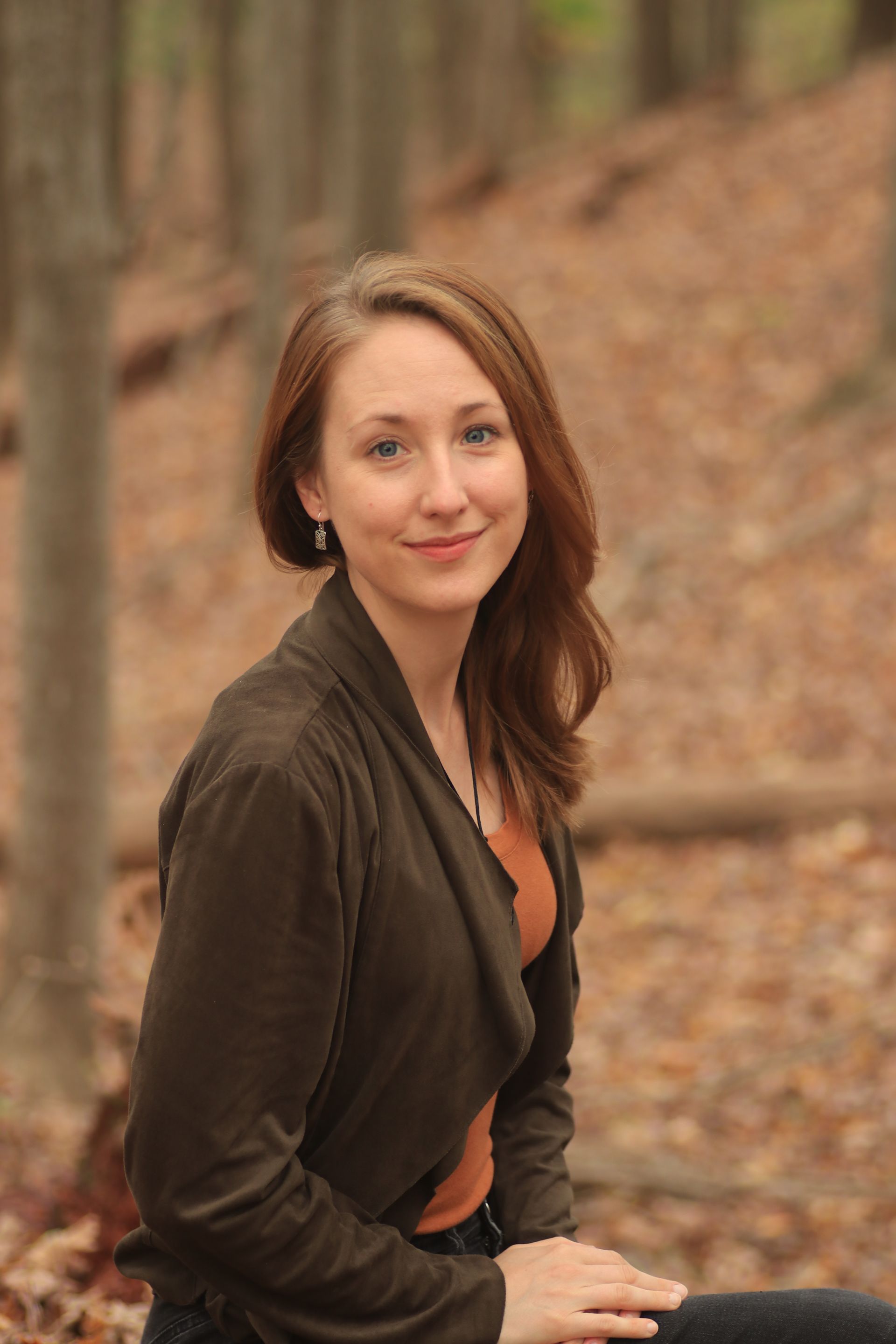
Morgan Ingraham, Program Associate, Institute for Sustainability Engagement at Syracuse University
Morgan Ingraham serves as a Program Associate for the Institute for Sustainability Engagement at Syracuse University, where she assists with sustainable materials management projects. Her work includes leading the NYS SMM Stewardship Program, waste reduction and reuse grants, maintaining Reuse/Repair Locator Map, and more. She has over a decade of experience in education, outreach, and ecological research working for environmental-focused non-profits. She holds a B.S. in Biology from Humboldt State University and an M.S. in Environmental Biology from SUNY-ESF.
Concurrent Session B | Research Spotlight: Methods for Managing Difficult to Recycle Fibers
This session will focus on the research CSMM conducts at SUNY ESF to transform non-recyclable paper waste into valuable resources. Come explore how both innovative composting methods and conversion technologies will support New York State’s goals to divert paper waste from landfills, recover essential nutrients, and reduce environmental impact, all while enhancing the sustainability of the paper industry.
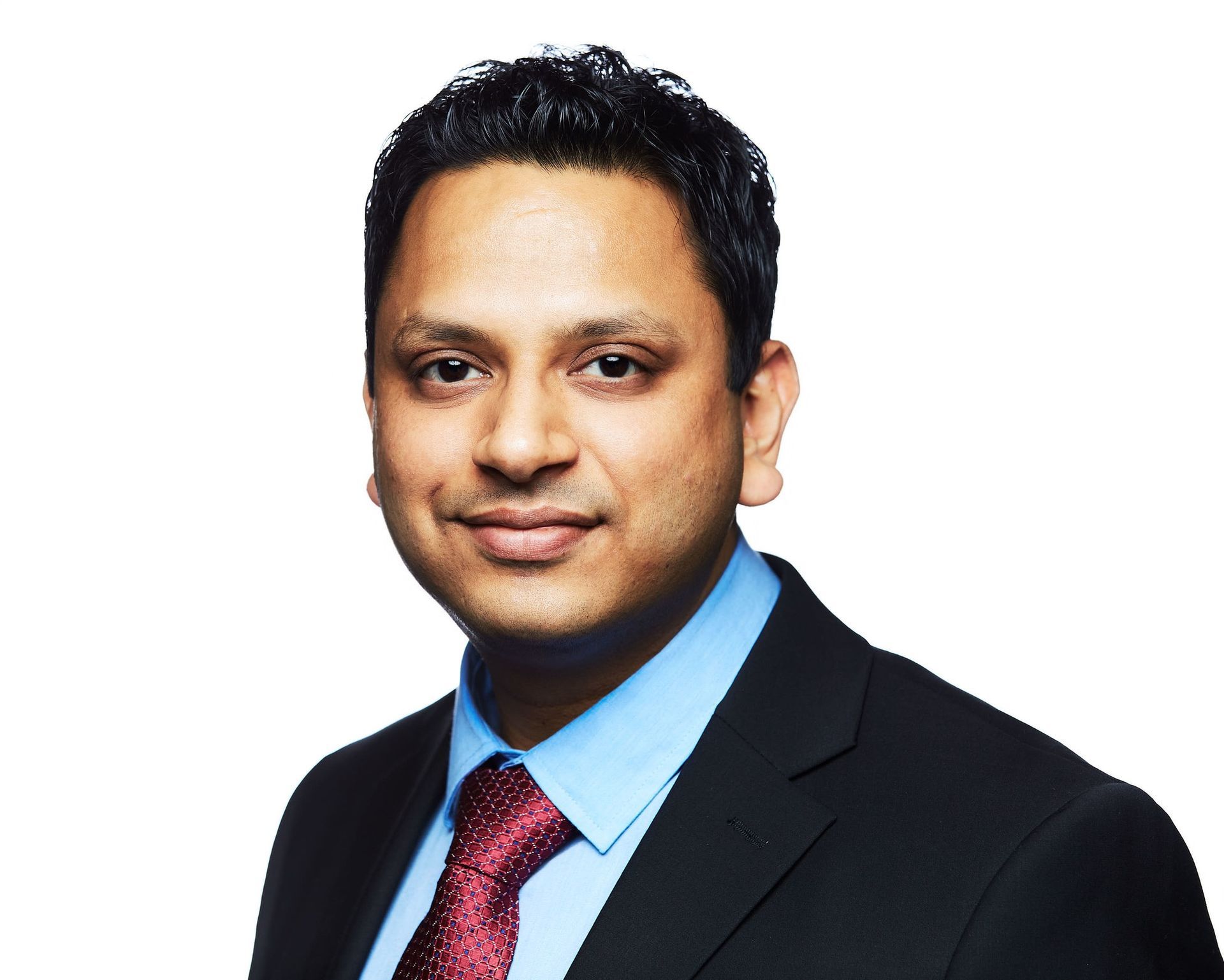
Dr. Deepak Kumar, Assistant Professor, Center for Sustainable Materials Management at SUNY ESF
Dr. Deepak Kumar is an Assistant Professor in the Department of Chemical Engineering at SUNY ESF. Dr. Kumar earned his Ph.D. in Biological and Ecological Engineering from Oregon State University. His research focuses on the development of sustainable bioprocess technologies for the production of high-value bioproducts, bioplastics, and biofuel from agro-processing waste and forest residues using combined experimental and modeling approaches. Dr. Kumar has published more than 90 peer-reviews articles in the field of Bioprocessing and Chemical Engineering.

Doug Daley, Associate Professor, Center for Sustainable Materials Management at SUNY ESF
Doug Daley is an Associate Professor of Environmental Resources Engineering at the SUNY College of Environmental Science and Forestry in Syracuse, NY and a registered Professional Engineer in New York State. Professor Daley has over 35 years of government, consulting engineering and academic experience in environmental engineering. He is a Principal Investigator with the Center for Sustainable Materials Management focused on composting of non-marketable papers. His current research also addresses emerging contaminants of concern such as per- and poly-fluorinated alkyl substances (PFAS) in wastewater biosolids.
Doug is also Director of SUNY ESF’s Analytical and Technical Services unit which provides high-end analytical laboratory services in support of research.

Professor Bandaru V Ramarao (Ram), Professor and Chair of the Department of Chemical Engineering, SUNY ESF
Prof. Bandaru V Ramarao (Ram) is a professor and chair of the Department of Chemical Engineering at the State University of New York College of Environmental Science and Forestry in Syracuse New York. He led the establishment of the chemical engineering program and renaming of the department at ESF.
Ram has been at SUNY for more than 30 years where he has been involved with research in the applications of transport processes in fibrous media, separations processes, mathematical analysis and modeling of porous media structure and property relationships. He was an editor of the Elsevier Journal Separation and Purification Technology and co-edited a book titled ‘Separation Technologies in Biorefineries’.
He is a co-author of the monograph, Granular Filtration of Aerosols and Hydrosols with Chi Tien. He has co-authored more than 90 journal publications and has chaired several conferences and meetings. Among them, are the International Conference on Biomass Conversion Technologies (2014), Nanjing China, Progress in Paper Physics Seminar and chaired several sessions at national and international meetings.
Ram’s current research is focused on studies of separation operations, development of novel separation and adsorption media using stimuli responsive polymers and the conversion of waste fibers from industrial and municipal waste into biodegradable bioplastics and other bioproducts. Bioplastics are environmentally friendly and sustainable solution to the plastics pollution crisis.
Ram is an elected Fellow of the American Institute of Chemical Engineers and a winner of the AIChE’s Andrew Chase Award from the Forest Bioproducts Division.
Concurrent Session A | Following the Stream – Identifying Opportunities to Leverage and Expand Recycling Markets

Mark Lichtenstein, Executive Operating and Chief Sustainability Officer, Center for Sustainable Materials Management at SUNY ESF
Mark has been engaged with sustainability and regenerative community engagements throughout the US, including Puerto Rico and the US Virgin Islands, and in Belize, Brazil, British Virgin Islands, Guatemala, Honduras, and Mexico. He served eighth terms as president and is an honorary lifetime board member of the National Recycling Coalition; co-led the formation of national and regional recycling organizations in the US; and, conceived of, and is Principal Investigator for the New York State Center for Sustainable Materials Management, the first of its kind in the US.
Mark has a Master of Arts in Public Administration, and a Graduate Certificate of Advanced Studies in Conflict Resolution, both from Syracuse University’s Maxwell School, and graduate training in environmental science and a Bachelor of Science in Environmental Studies from ESF. He has certified mediator training, is an experienced interest-based negotiator and process facilitator, and is a certified public participation specialist.

Kweku Attafuah-Wadee, Project Manager, Center for Sustainable Materials Management at SUNY ESF
Kweku is a PhD Candidate in Environmental Science at SUNY ESF and has a professional background in environmental consulting, with a specialization in circular economy, sustainability, and waste management. Currently, his research interests lie in the exploration of the intricacies of instituting upstream circular economy policy interventions in manufacturing value chains to identify pathways for more sustainable resource consumption. Kweku has also worked on projects promoting circularity in both the Global North and South, with an emphasis on the development of viable resource management policies and circular economy business models, as well as assisting resource sector stakeholders to improve operational efficiency, track sustainability performance, and reduce costs. Likewise, he has supported or collaborated with a range of stakeholders on waste management-related projects, such as governments, businesses, international development institutions, and non-profits.

Gabrielle Gaustad, Dean of the Inamori School of Engineering at Alfred University
Dr. Gabrielle Gaustad is the Dean of the Inamori School of Engineering at Alfred University, Associate Provost of Research, and the Vice President for Statutory Affairs of the New York State College of Ceramics. For ten years prior, she was an Associate Professor in the Golisano Institute for Sustainability at the Rochester Institute of Technology. She holds a PhD in Material Science and Engineering and an MS in Computation for Design and Optimization from MIT and a BS in Ceramic Engineering from AU. The Gaustad group conducts research quantifying the economic and environmental trade-offs for materials at their end-of-life with a focus on recycling, resource recovery, and promoting a circular economy. Recent projects have focused on glass recycling in New York State, recycling PV and LIBs, and scarcity and criticality issues in supply chains. Dr. Gaustad has managed over $6M in externally sponsored research as PI and an additional $5M as co-PI or SP. She has a personal passion for attracting under-represented students to the engineering field as well as curricular innovation.
Methodologies include a variety of systems modeling techniques such as dynamic material flow analysis, optimization, simulation, systems dynamics, economic modeling, process based cost modeling, and life-cycle assessment, as well as traditional material characterization such as TGA, PSD, SEM, XRD, XRF, EDS, and ICP-MS. Specific projects include implications of material scarcity and criticality for clean energy technologies, aluminum and steel recycling technologies and compositional analysis, and environmentally benign and economically efficient recycling of lithium ion batteries, particularly those containing nanomaterials. Gaustad has been an organizer for several conferences on materials for clean energy (MCARE 2018) and recycling (REWAS 2019) and served as guest editor for an issue of Resources, Conservation, and Recycling on the circular economy.

Jesse Kerns, Assistant Director, Institute for Sustainability Engagement at Syracuse University
Jesse Kerns is the Assistant Director of Sustainable Organics Management for Syracuse University's Institute for Sustainability Engagement. Through federal and state grants, he assists communities throughout New York State with wasted food prevention, food recovery, and organics recycling. He also serves as Chair for the New York State Organics Council, a professional network of the New York State Association for Reduction, Reuse, and Recycling. He received a master's degree in environmental science from the State University of New York College of Environmental Science and Forestry and currently lives in Central New York.

Kathryn Walker, Executive Director, Center for Sustainable Materials Management at SUNY ESF
Kathryn Walker serves as the Executive Director for the New York State Center for Sustainable Materials Management (CSMM) at SUNY Environmental Science and Forestry. Walker brings with her 20 years of experience working in the environmental education and sustainability fields in New York State. Walker serves on the Boards of the New York State Association for Reduction, Reuse and Recycling, the New York State Product Stewardship Council and as a founding member and President for the Rochester Ecology Partners. Prior to joining SUNY ESF, Kate led a statewide Outreach and Education program for the New York State Pollution Prevention Institute at the Rochester Institute of Technology, where she managed project funding to over 100 organizations and municipalities across the state. Kathryn has developed an extensive network of regional and statewide stakeholders, including government, industry, community, academic, non-profit, and health and environmental organizations to advance sustainable materials management and pollution prevention policies. Walker holds a B.A. in Environmental Studies from St. Lawrence University.
Concurrent Session B | Behind the Scenes: Reworking NY’s Sustainable Procurement Guidelines

Brendan Woodruff, Director of Sustainability, New York State Department of Environmental Conservation
Brendan Woodruff has over a decade of experience carrying out green procurement and sustainability projects. He currently serves as the Director of Sustainability at the New York State Department of Environmental Conservation where he focuses on decreasing the environmental footprint of the Department’s operations, including through increasing the purchase of green products and services. In addition, Brendan oversees administration of the State’s Green Purchasing Communities program, which encourages municipalities and other local governments to adopt green procurement policies. Brendan has a Bachelor’s Degree in History from Skidmore College and a Master’s Degree in public policy from the University of Edinburgh in Scotland.

Delaney Demro, Program Manager, Center for Sustainable Materials Management at SUNY ESF
Delaney is a Program Manager with the Center for Sustainable Materials Management at the State University of New York College of Environmental Science and Forestry (ESF). She leads CSMM's waste reduction projects which includes the CSMMxTRUE program, a public-private partnership for zero waste certification with USGBC's TRUE Certification for Zero Waste. She also supports CSMM's reuse and green procurement initiatives across New York State.
She previously worked for ESF's Office of Sustainability where she led the development of the College’s Sustainability Action Plan, Green Purchasing Guide, Sustainability Ambassadors program, and the Sustainable Events and Green Office certification programs.
Delaney holds a B.S. in Natural Resources and Environmental Sciences from the University of Illinois at Urbana-Champaign and an M.S. in Environmental Science from ESF. Before attending graduate school, she worked at Argonne National Laboratory performing research on phytoremediation of bioenergy crops in agricultural fields and anaerobic co-digestion of food waste in municipal wastewater treatment systems.

Kshirajaa Ramesh, Researcher, Center for Sustainable Materials Management at Syracuse University
Kshirajaa Ramesh is a second year Master of Science candidate in the Environmental Science department at SUNY ESF. She currently works with the Center for Sustainable Materials Management on a variety of projects ranging from sustainable procurement to extended producer responsibility. She previously served as a Sustainability Office for the State of Maryland and led the State’s green procurement program and supported overall climate and sustainability targets.
Plenary Session | Collaborating for Impact: Building SMM Messages and Strategies through Partnership
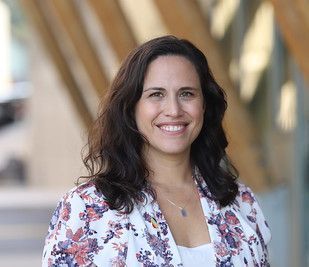
Melissa Young, Director, Institute for Sustainability Engagement at Syracuse University
Melissa has 17+ years of experience working on community sustainability, with a focus on waste reduction, reuse, recycling, and sustainable organics management. Melissa is currently on the board of NYS Association of Reduction, Reuse, and Recycling (NYSAR3) and has previously served on the board of the National Recycling Coalition. Melissa is a Master Composter, certified in Onondaga County, New York City, and US Composting Council. She received her Master of Science degree in Natural Resource Management from the SUNY College of Environmental Science and Forestry. Melissa also serves on the board of the Queens County Farm Museum located in Queens, NY.

Delaney Demro, Program Manager, Center for Sustainable Materials Management at SUNY ESF
Delaney is a Program Manager with the Center for Sustainable Materials Management (CSMM) at the State University of New York College of Environmental Science and Forestry (ESF). She leads CSMM's waste reduction projects which includes the CSMMxTRUE program, a public-private partnership for zero waste certification with USGBC's TRUE Certification for Zero Waste. She also supports CSMM's reuse and green procurement initiatives across New York State.
She previously worked for ESF's Office of Sustainability where she led the development of the College’s Sustainability Action Plan, Green Purchasing Guide, Sustainability Ambassadors program, and the Sustainable Events and Green Office certification programs.
Delaney holds a B.S. in Natural Resources and Environmental Sciences from the University of Illinois at Urbana-Champaign and an M.S. in Environmental Science from ESF. Before attending graduate school, she worked at Argonne National Laboratory performing research on phytoremediation of bioenergy crops in agricultural fields and anaerobic co-digestion of food waste in municipal wastewater treatment systems.
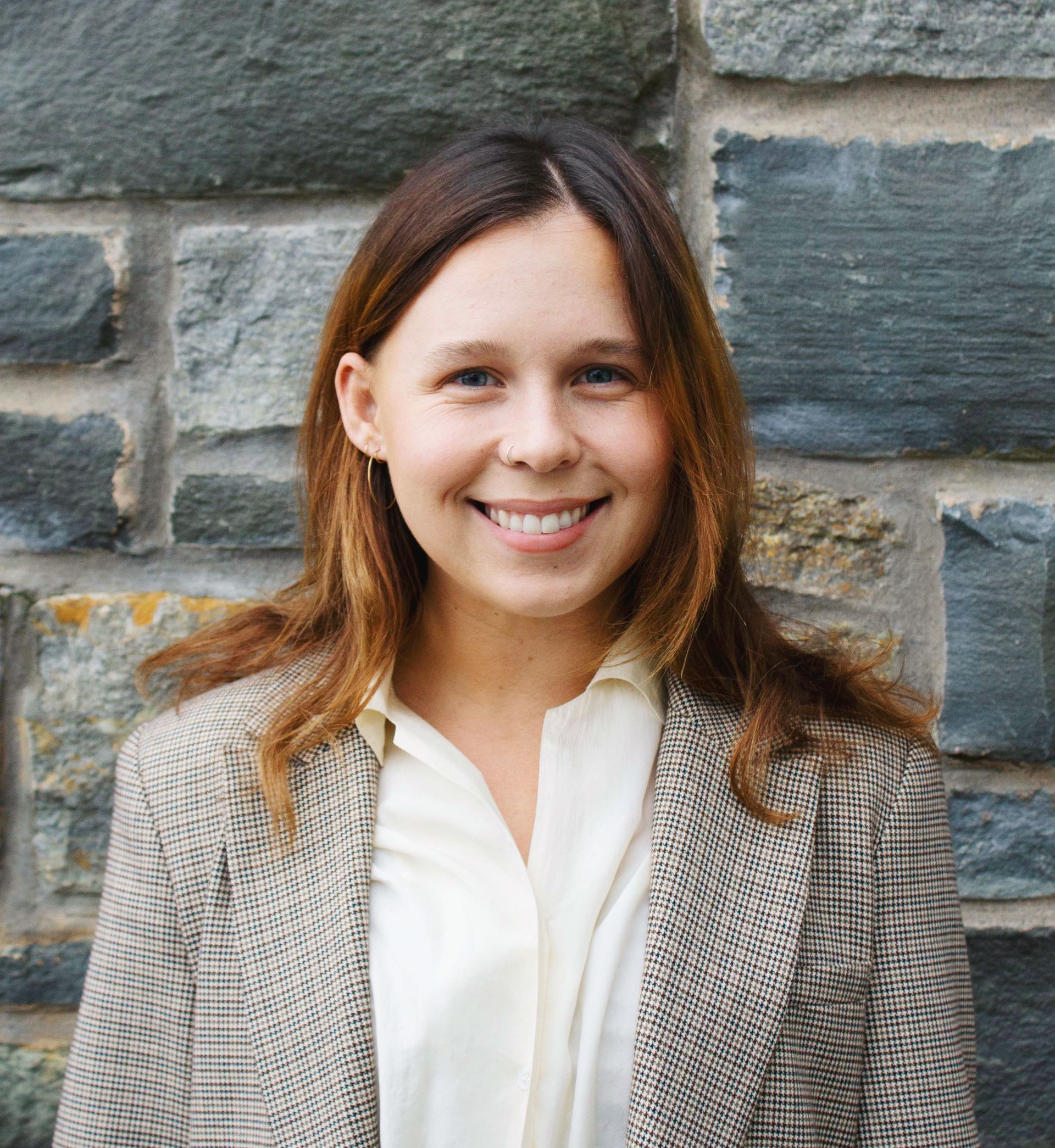
Lindsay Eberhart, Program Associate, Institute for Sustainability Engagement at Syracuse University
At SU-IES Ms. Eberhart works on a variety of SMM programs including the Recycle Right NY Campaign. To provide comprehensive recycling information through effective messaging and communication across various media platforms, she engages stakeholders and the public in New York State. Most recently, Ms. Eberhart has been working higher up on the materials management hierarchy by working to establish a tool lending library in her local community of the Champlain Valley Region, as well as participating in the Orange County Green Grub pilot program, which supports businesses in integrating reuse practices. She is a systems thinker dedicated to forging deeper connections with the Earth, and remembering thoughtful, connective, and enduring solutions to the environmental challenges we all face. She holds a Bachelor of Science in Environmental Studies, Policy, Planning, and Law from the SUNY College of Environmental Science and Forestry.

Celeste McMickle, Director, TRUE Zero Waste
Celeste McMickle is the Director for TRUE Zero Waste certification with the USGBC. Celeste has a background in architecture and is a TRUE Advisor, LEED AP and LEED Green Rater. She worked as a LEED consultant for many years before her passion for recycling and composting led her to the wild world of zero waste. She serves on the board of NYSAR3 and the Brooklyn Solid Waste Advisory Board and is a certified Master Composter and Permaculture Designer. She is a 2021 recipient for the 40 under 40 award by Waste360. Celeste holds a Bachelor of Architecture from Syracuse University and a Master of Science in Sustainable Design from the San Francisco Institute of Architecture.

Kshirajaa Ramesh, Researcher, Center for Sustainable Materials Management at SUNY ESF
Kshirajaa Ramesh is a second year Master of Science candidate in the Environmental Science department at SUNY ESF. She currently works with the Center for Sustainable Materials Management on a variety of projects ranging from sustainable procurement to extended producer responsibility. She previously served as a Sustainability Office for the State of Maryland and led the State’s green procurement program and supported overall climate and sustainability targets.

Lisa Ruggero, Assistant Director of Communications and Programs, Institute for Sustainability Engagement at Syracuse University
Lisa Ruggero specializes in outreach and education initiatives, especially related to waste reduction, reuse and recycling. She draws on 14 years of experience in the sustainable materials management field to find creative ways to connect with audiences through effective messaging. Ms. Ruggero received a bachelor’s degree in Environmental Studies, Communication and Culture from the SUNY College of Environmental Science and Forestry. She feels most connected to nature when she is spending time near the creek in her backyard or working in her garden.
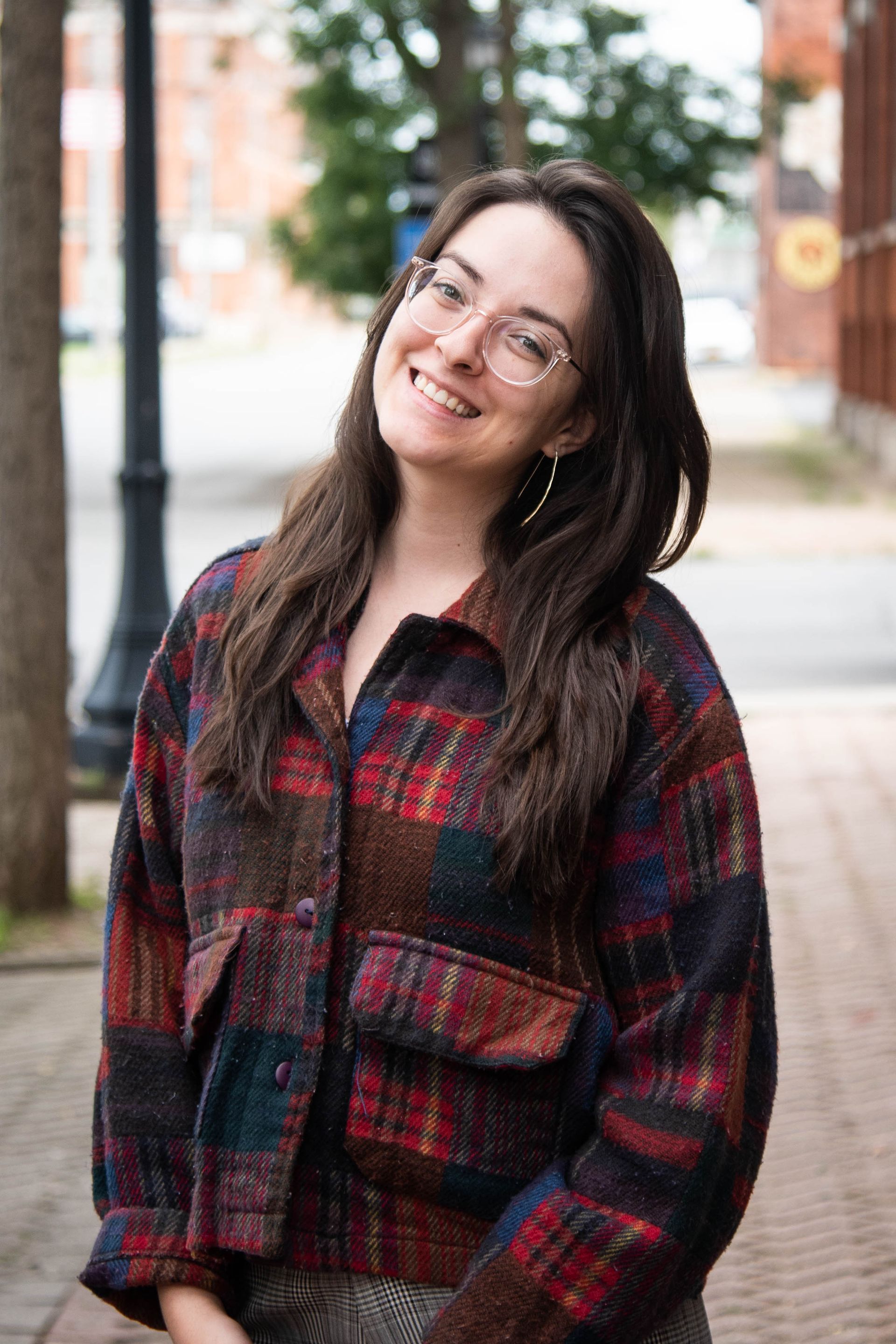
Carly Stone, Communications Associate, Institute for Sustainability Engagement at Syracuse University
Combining her passion for sustainability with her skill for making connections, Carly assists the Center for Sustainable Community Solutions in all things communication, with highlighted support provided for Recycle Right New York (RRNY) and internal communications. With her English degree from SUNY Oneonta and years of experience in both journalism and marketing, Carly’s areas of expertise include developing and implementing communication and marketing strategies, creating content, and facilitating media relations.
Day Two Speakers | Tuesday, October 29th
Opening Remarks

New York State Senator Rachel May
Senator Rachel May represents Central New York’s 48th District, including the City of Syracuse, parts of Onondaga County, and Cayuga County. She is the sponsor of legislation to expand the state's Recycling Container Act, also known as the Bottle Bill. She has passed transformative legislation, including comprehensive election reforms, tenant-centered housing reforms, criminal justice reform, and ambitious climate legislation. Senator May also advocates for home care workforce initiatives and in-home program funding. As chair of the Cities 2 Committee, she addresses challenges that cities outside New York City face. Senator May had a successful career in higher education before running for office. She is currently serving her third term.
Keynote Speaker

Erin Simon, Vice President and Head of Plastic Waste and Business, World Wildlife Fund
Erin Simon is Vice President and Head of Plastic Waste and Business at World Wildlife Fund. In her role, Erin drives positive change across industries in packaging and material sustainability. In addition to helping spearhead WWF’s initiative, “No Plastic in Nature,” Erin has led the development of thought leadership and programs to transform the way the world—and specifically business—fights the plastic waste crisis. Before WWF, Erin was a packaging engineer at Hewlett Packard for 10 years, responsible for the design and implementation of laser jet printer and media packaging.
The Power of Participation: Successful Engagement Strategies from State Recycling Campaigns

Lisa Ruggero, Assistant Director of Outreach Programs, Institute for Sustainability Engagement at Syracuse University
Lisa Ruggero specializes in outreach and education initiatives, especially related to waste reduction, reuse and recycling. She draws on 14 years of experience in the sustainable materials management field to find creative ways to connect with audiences through effective messaging. Ms. Ruggero received a bachelor’s degree in Environmental Studies, Communication and Culture from the SUNY College of Environmental Science and Forestry. She feels most connected to nature when she is spending time near the creek in her backyard or working in her garden.
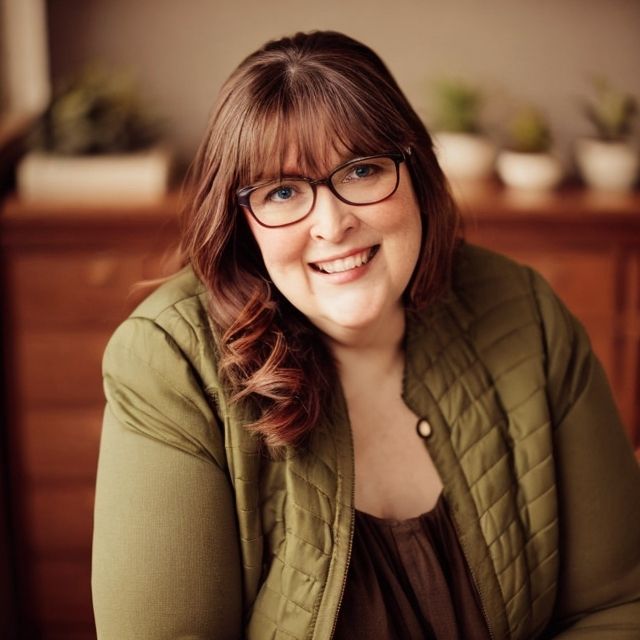
Sarah Culler, Senior Manager Of Education & Outreach, Delaware Solid Waste Authority
Sarah Culler is the Senior Manager of Education & Outreach at the Delaware Solid Waste Authority (DSWA), where she has served for 18 years. She has played an important role in expanding the Environmental Education Program, which now includes two centers offering immersive educational experiences and hands-on learning for students across the state.
Sarah holds a Bachelor's degree in Elementary Education from Chowan University and a Master's degree in Management from Wilmington University. Her work focuses on educating residents about recycling and responsible waste management. Additionally, she serves as the Program and Outreach Manager for Keep Delaware Beautiful, where her lifelong connection to Delaware enhances her efforts to promote community engagement and environmental sustainability.
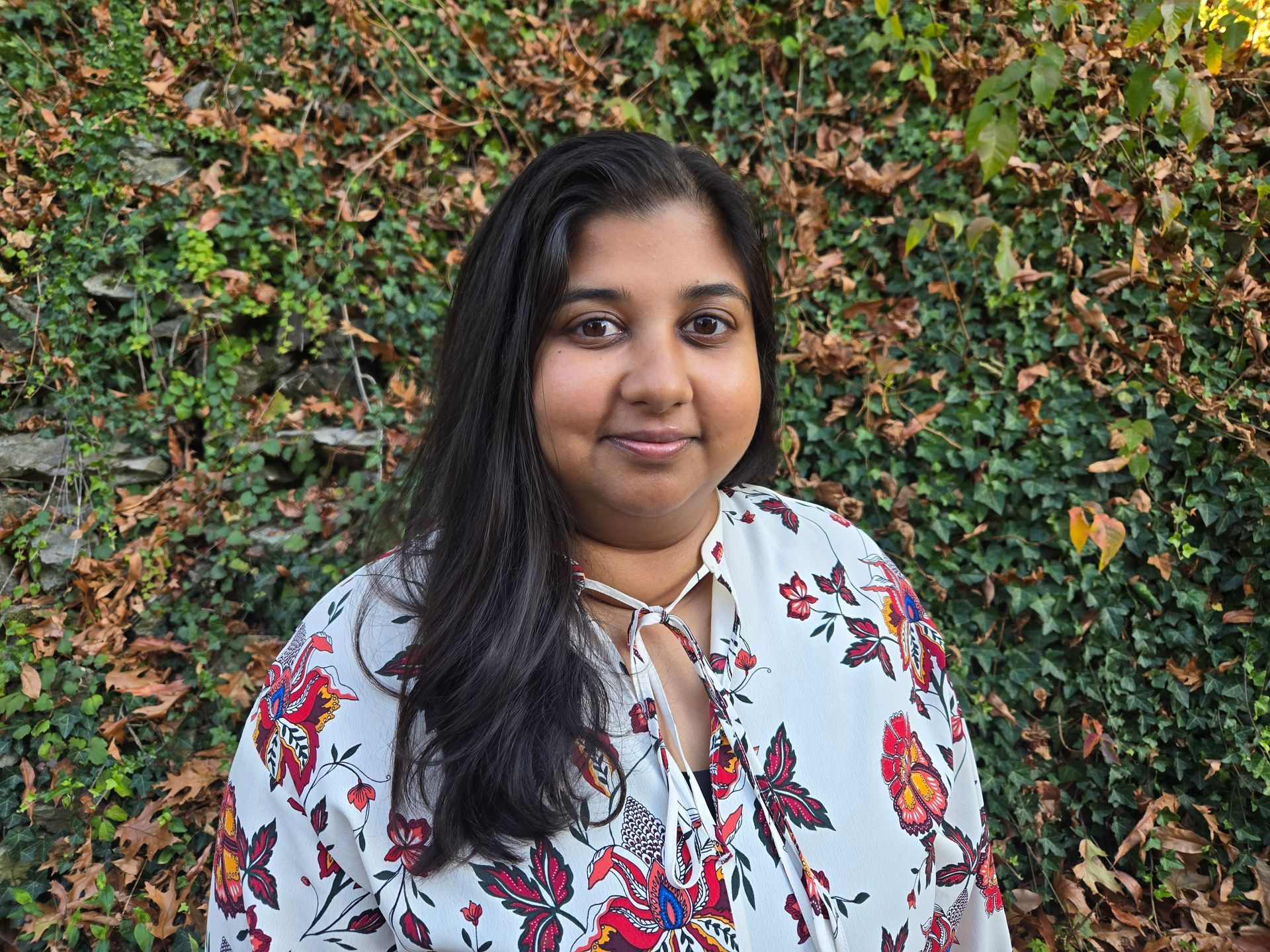
Cathy Doodnauth, Environmental Analyst III, Massachusetts Department of Environmental Protection
Cathy Doodnauth is an Environmental Analyst with the Massachusetts Department of Environmental Protection (MassDEP), within the Municipal Waste Reduction Branch. Cathy works on recycling outreach and education through the Recycle Smart MA program, engaging with the public on waste reduction strategies across multiple digital platforms. She also leads the Recycling Dividends Program, part of MassDEP’s Sustainable Materials Recovery Program (SMRP), that provides millions in waste reduction funding to cities, towns, and regional groups across Massachusetts. Cathy holds a B.A. in Environmental Humanities from Stony Brook University. In her spare time, she enjoys reading, playing video games, and kayaking.

Lindsay Eberhart, Program Associate, Institute for Sustainability Engagement at Syracuse University
At SU-IES Ms. Eberhart works on a variety of SMM programs including the Recycle Right NY Campaign. To provide comprehensive recycling information through effective messaging and communication across various media platforms, she engages stakeholders and the public in New York State. Most recently, Ms. Eberhart has been working higher up on the materials management hierarchy by working to establish a tool lending library in her local community of the Champlain Valley Region, as well as participating in the Orange County Green Grub pilot program, which supports businesses in integrating reuse practices. She is a systems thinker dedicated to forging deeper connections with the Earth, and remembering thoughtful, connective, and enduring solutions to the environmental challenges we all face. She holds a Bachelor of Science in Environmental Studies, Policy, Planning, and Law from the SUNY College of Environmental Science and Forestry.

Jennifer A. Heaton-Jones, Executive Director, Housatonic Resources Recovery Authority
Jennifer Heaton-Jones is the Executive Director of the Housatonic Resources Recovery Authority, a regional, governmental solid waste and recycling authority serving 14 municipalities in Western Connecticut. She has been with the HRRA since 2009. She is a board member on the Recycle CT Foundation. The RecycleCT Foundation is a nonprofit organization whose mission is to promote the importance of managing materials more sustainably through waste reduction, reuse, recycling and composting. The Foundation created the State of Connecticut’s universal recycling guide What’s In, What’s Out (WIWO). Jen also serves as the President of the Northeast Chapter of NAHMMA, Chair of the CT Product Stewardship Council and President of the CT Recyclers Coalition.
Concurrent Session A | A Dive into Extended Producer Responsibility (EPR) for Products
This session will examine lessons learned from states with established Extended Producer Responsibility (EPR) programs for products, such as batteries, tires, electronics, mattresses, and paint. Actual results like costs and recycling percentages will be examined to identify opportunities for growth and to highlight successes and areas for improvement. Insights for navigating compliance across states will be discussed.

Bradley Baker, Program Manager, Maryland Department of the Environment
Bradley Baker is a green-collar professional who works as a Program Manager at the Maryland Department of the Environment. He has an M.B.A. in Operations/Supply Chain from ASU’s W.P. Carey School of Business, and a B.S. in Sustainability from ASU's School of Sustainability. Bradley has experience in implementing executive level projects, developing strategy, risk management, and data driven decision making. Diverse skills in project management, systems thinking, lean methodologies, problem solving, and environmental regulations. In his spare time, Bradley enjoys hiking and camping.
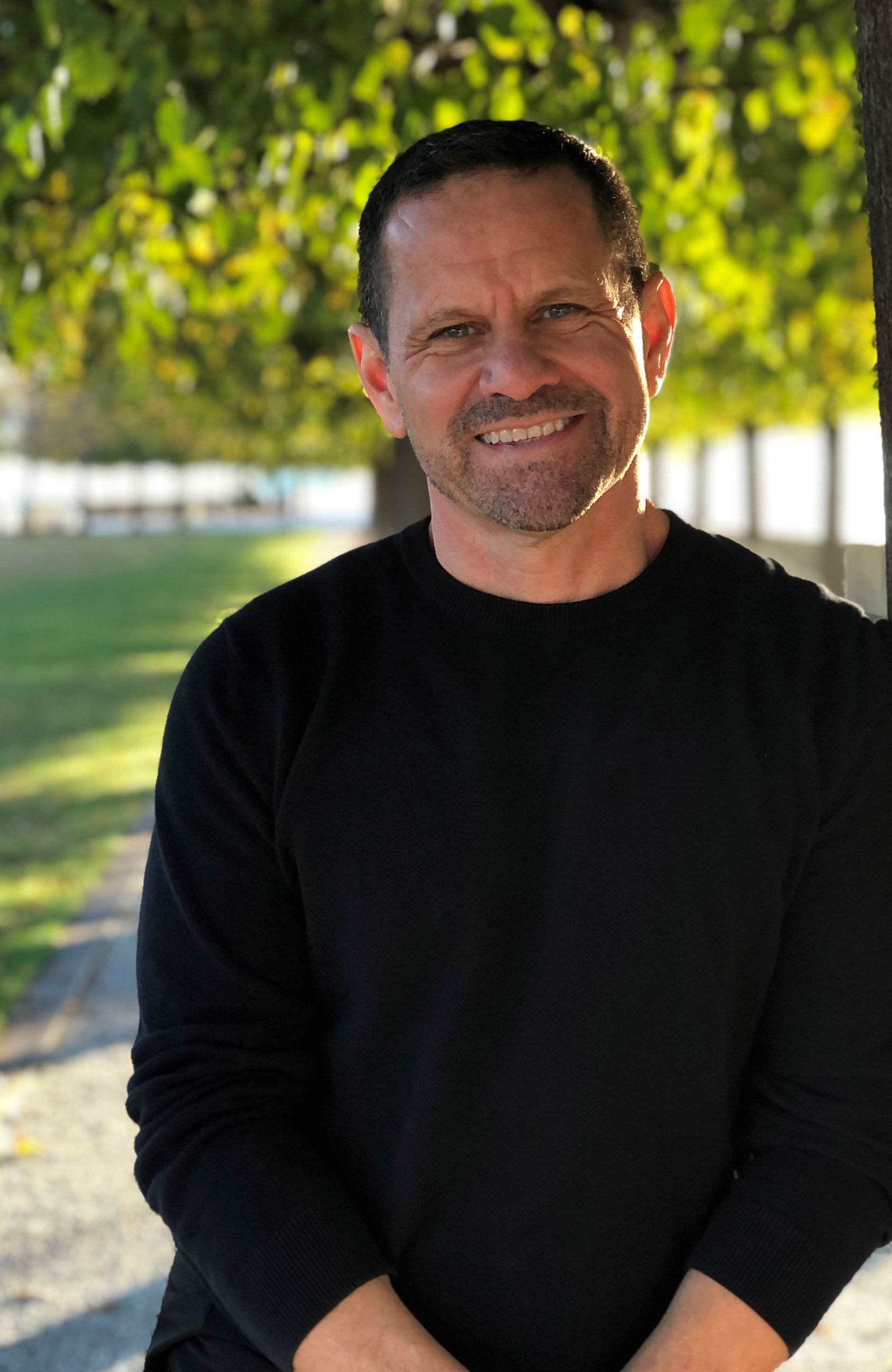
Rodney Clara, Vice President of Business Development, Tough Stuff Recycling
With twenty-plus years of experience in the waste diversion, recycling and product stewardship industry, Rodney has developed a specialized skillset to help address challenges and capitalize on opportunities for both the public and private sectors.
Rodney’s first introduction to EPR was in California with the signing of the Electronic Waste Recycling Act of 2005. After the launch of the statewide electronic waste and recycling collection program, he managed several private electronic recycling facilities that provided businesses, municipalities and solid waste leaders avenues for diverting E-waste from landfills, ensuring materials were collected and responsibly recycled.
In 2015, California established their EPR-based mattress recycling program. Given his prior success with the electronics waste program, he began his next career chapter with the Mattress Recycling Council (MRC)’s oversight of the statewide recycling program. He was tasked with launching the program and collaborated with regional recyclers to adopt responsible recycling practices. At the same time, he provided leadership support to aid municipalities, public works yards, and private solid waste facilities navigate the inaugural product stewardship program, enabling the collection and recycling of over 4 million mattresses throughout his tenure.
Today, Rodney manages Tough Stuff Recycling (TSR), one of the largest privately owned automated mattress recycling operations on the East Coast. Based in Fitchburg, Massachusetts, TSR currently provides mattress recycling services under the Massachusetts FAC-90 mattress recycling program. It is one of the first non-EPR state-based mattress recycling programs that provide both public and private entities a successful yet cost-effective solution to mattress recycling. Since November 2022, TSR has proudly recycled over 250,000 mattresses in Massachusetts.
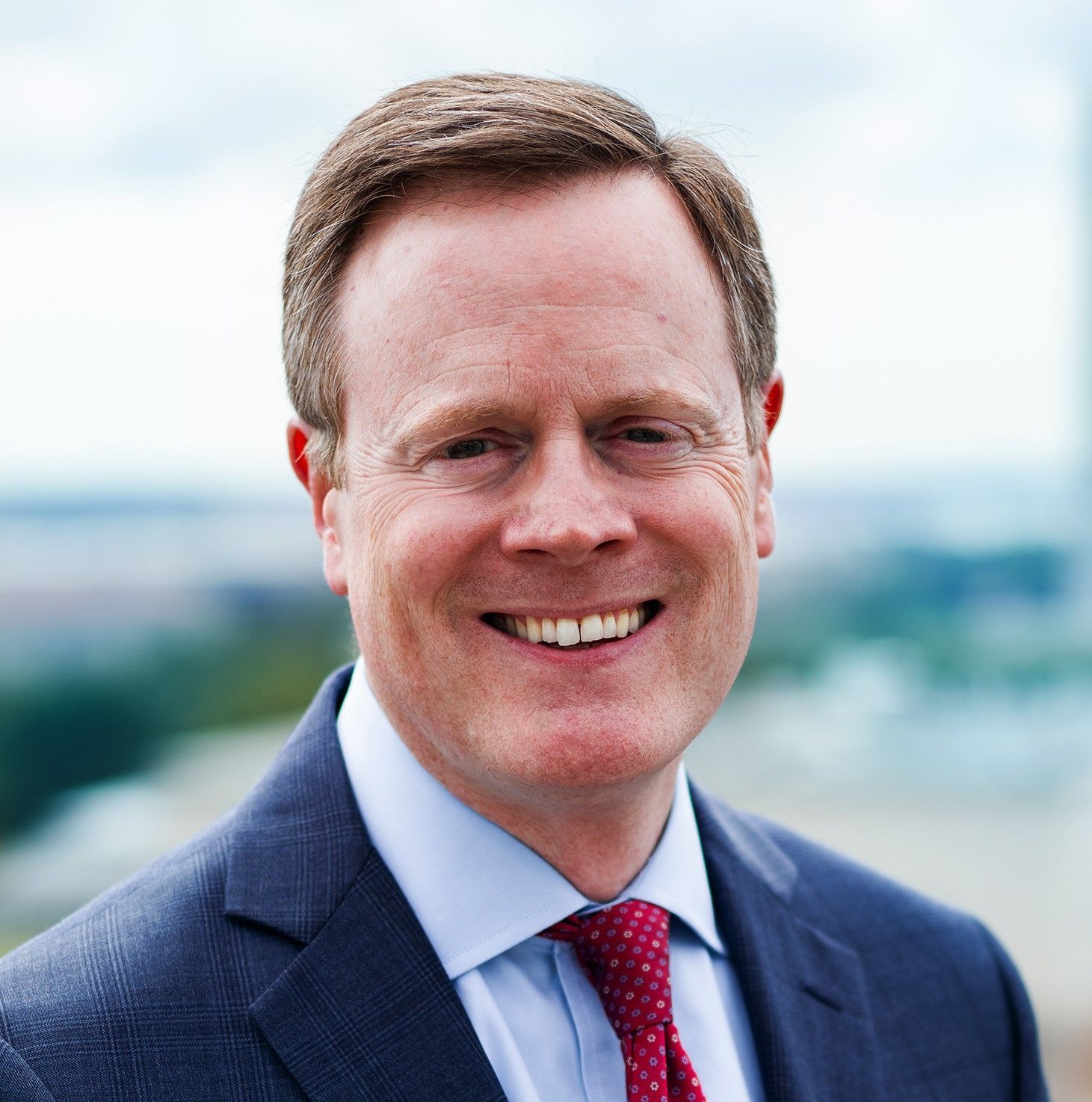
Michael Gruber, Executive Vice President for Government Relations & Public Policy, Household and Consumer Products Association (HCPA)
Michael serves as executive vice president for government relations and public policy at the Household and Consumer Products Association (HCPA), where he directs strategic engagement on myriad federal and state policies impacting chemical formulations, sustainability, labeling, trade, government procurement, and supply chain management. In 2023, he took the lead on the association’s work on Vermont’s household hazardous waste extended producer responsibility law, the first in the nation. As part of this work, HCPA established a national stewardship organization, the Household Product Stewardship Alliance, which is intended to be a pathway to compliance for producers. Michael’s 33-year career includes serving as a longstanding Congressional aide, managing political campaigns, and working in client-based public affairs firms. He holds a BA in political science from Washington State University.

Josh Kelly, Solid Waste Program Manager, Vermont Department of Environmental Conservation.
Josh Kelly is the Solid Waste Program Manager at the Vermont Department of Environmental Conservation. He is responsible for the oversight of solid waste laws, rules, and initiatives including waste collection, processing, disposal, reduction, reuse, recycling, composting, and producer responsibility programs. This also includes education and compliance work for solid waste and salvage yards, along with the development and implementation of the State’s materials management plan. Josh has worked as an environmental professional for over 20 years.
Concurrent Session B | Strategies for Market Development in States
Market development remains a crucial component to the success of recycling systems in states. Without an end market, how can we expect to drive demand for recyclable commodities? We will explore successful initiatives in states that have led to the development and expansion of recycling markets, as well as explore fruitful efforts that have led to strong collaboration and engagement with economic development agencies.

Bob Bylone, CEO and President, Pennsylvania Recycling Markets Center
Robert (Bob) J. Bylone, Jr. is the CEO and President of the Pennsylvania Recycling Markets Center (RMC), a nonprofit focused on expanding end-use markets for recycled materials in Pennsylvania. With nearly 30 years of experience, Bob has worked in various roles related to environmental engineering, recycling, and waste management, including positions at Penn State, Copperhead Chemical, and Junkins Engineering. He holds both Master’s and Bachelor’s degrees in Environmental Engineering from Penn State, is a LEED Accredited Professional, and certified by the Professional Recyclers of Pennsylvania. In his personal life, Bob enjoys training pointing dogs, managing a family farm, and participating in regional theater. He lives in eastern Pennsylvania with his wife, Diane, and daughter, Mateah.

Matt Fletcher, Recycling Market Development Specialist, Michigan Department of EGLE
Matt Flechter, Recycling Market Development Specialist at the Michigan Department of Environment, Great Lakes, and Energy (EGLE), for more than 24 years has assisted recycling programs by growing the Michigan supply chain so the valuable commodities that businesses need make their way from the curb to new products. With a strong team at EGLE Matt has designed and developed the recycling and organics policies, education, infrastructure, markets programs that make Michigan a leader in recycling. He was a longtime member of the Michigan Recycling Coalition board of directors and the former chair of the Mid-America Council of Recycling Officials. Matt is a graduate of Michigan State University’s College of Lyman Briggs and is always surprised by the number of other Peace Corps volunteers in the recycling world.

Keira Higgins, Consultant, RRS
Keira Higgins is a consultant with Resource Recycling Systems (RRS) and part of the team driving NextCycle, an innovative approach to accelerate solutions for a circular economy. She has experience supporting zero-waste initiatives, coordinating collaborative events, working on community projects, along with performing technical and analytical work. With a degree in Mechanical Engineering providing a technical perspective to a passion for sustainability, Keira approaches projects with ambition, creativity, and a holistic perspective.

Shannon McDonald, Natural Resource Planner, Maryland Department of the Environmental
Shannon is a Natural Resource Planner with the Maryland Department of the Environment (MDE) within the Waste Diversion Division. She is the project manager for Maryland's Solid Waste Infrastructure for Recycling (SWIFR) workplan, represents MDE on the Maryland Food System Resiliency Council, and is currently the Sustainable Materials Management taskforce Chair for ASTSWMO. Within the Waste Diversion Division, Shannon supports Maryland's Extended Producer Responsibility laws for paint and packaging and the Climate Solutions Now Act - Photovoltaic Systems Working Group. Shannon's professional experience spans NPDES permitting of industrial storm and wastewater, waste and drinking water engineering approvals for a municipality, and international construction field engineer for industrial telecommunications and power stations.
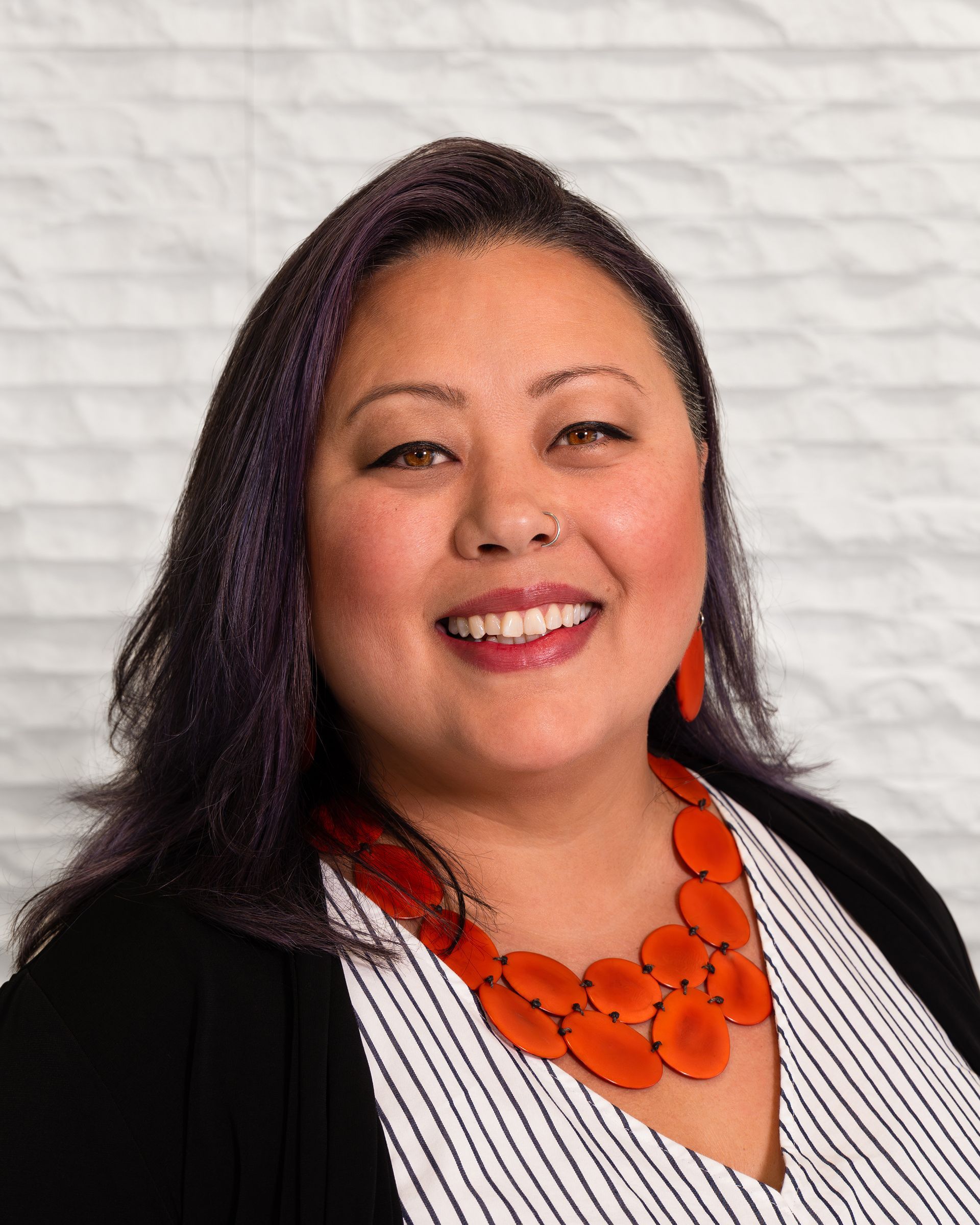
Liz Start, Founder, Start Consulting Group LLC
Elizabeth Chin Start (she/her) is the founder of Start Consulting Group LLC. She has worked in reuse, recycling, waste prevention, and solid waste for over 22 years, with a focus on equity and justice. Throughout her career, Elizabeth has engaged with community members, local and state governments, private industry, and community-based nonprofits. Her goal is to build equitable, accessible, and inclusive systems within materials management and the circular economy.
Elizabeth founded Start Consulting Group to ensure that inclusion, equity, and justice are at the core of sustainable materials management. She believes in building relationships through trust, communication, and empowerment to help organizations create strong and positive cultures. In addition to her consulting work, Elizabeth is a passionate reuse advocate and artist, known for her ability to repurpose discarded objects like a magpie collecting shiny treasures.
Concurrent Session A | Organics: Leveraging the Strengths of Composting and Anaerobic Digestion
Compost sites and anaerobic digestion facilities are two key components of sustainable organics management infrastructure, but understanding their unique strengths and roles can be complicated. This session will explore how the two recycling systems can work together to help the Northeast achieve meaningful organics diversion while providing added benefits including greenhouse gas reduction, energy production, and soil amendments.

Jesse Kerns, Assistant Director, Institute for Sustainability Engagement at Syracuse University
Jesse Kerns is the Assistant Director of Sustainable Organics Management for Syracuse University's Institute for Sustainability Engagement. Through federal and state grants, he assists communities throughout New York State with wasted food prevention, food recovery, and organics recycling. He also serves as Chair for the New York State Organics Council, a professional network of the New York State Association for Reduction, Reuse, and Recycling. He received a master's degree in environmental science from the State University of New York College of Environmental Science and Forestry and currently lives in Central New York.

Mackenzie Bernhard, Sales Engineer, ECONWARD TECH
MacKenzie Bernhard serves as the sales engineer at ECONWARD TECH, leading the development of new business initiatives in the solid waste and biogas sectors across North America. Leveraging her expertise in chemical engineering and experience as a Division I athlete, she brings a competitive edge and a comprehensive understanding to tackle the technical requirements associated with the climate change crisis, particularly in the integration of solid waste and bioenergy through innovative solutions.

Andrew Brousseau, Compost Operations Manager, Black Earth Compost
Andrew Brousseau is the head composter at Black Earth Compost in Massachusetts since 2011. In the last 3 years he has developed and manages operations of 3 compost facilities in the state, composting about 10,000 tons of food waste per year. He is trained as an Earth Scientist and was previously an oceanographer drawn back to land to work on society's nutrient recycling problem.
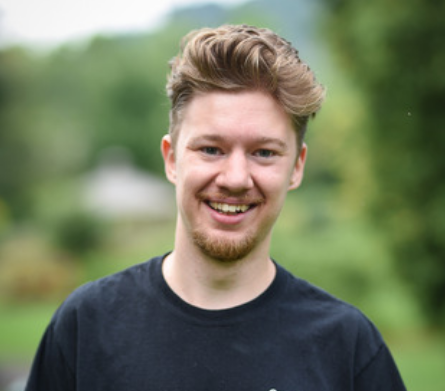
Josh Enderle, Waste Reduction Consultant, CET
Josh Enderle is a Waste Reduction Consultant with CET, working on the Rethink Food Waste NY program. In this role, Josh collaborates with his team and stakeholders to provide no-cost technical assistance to businesses, restaurants, and institutions across New York, to implement effective food waste reduction, donation, and recycling programs. He holds a B.A. in Environmental Studies from Ithaca College, where his passion for solid waste grew as the Eco-Reps program manager where he organized volunteer waste bin monitors for events both on campus and in downtown Ithaca. When he's not at CET, you can find him collecting food scraps by bicycle to compost at his neighborhood’s community garden in Binghamton, New York.
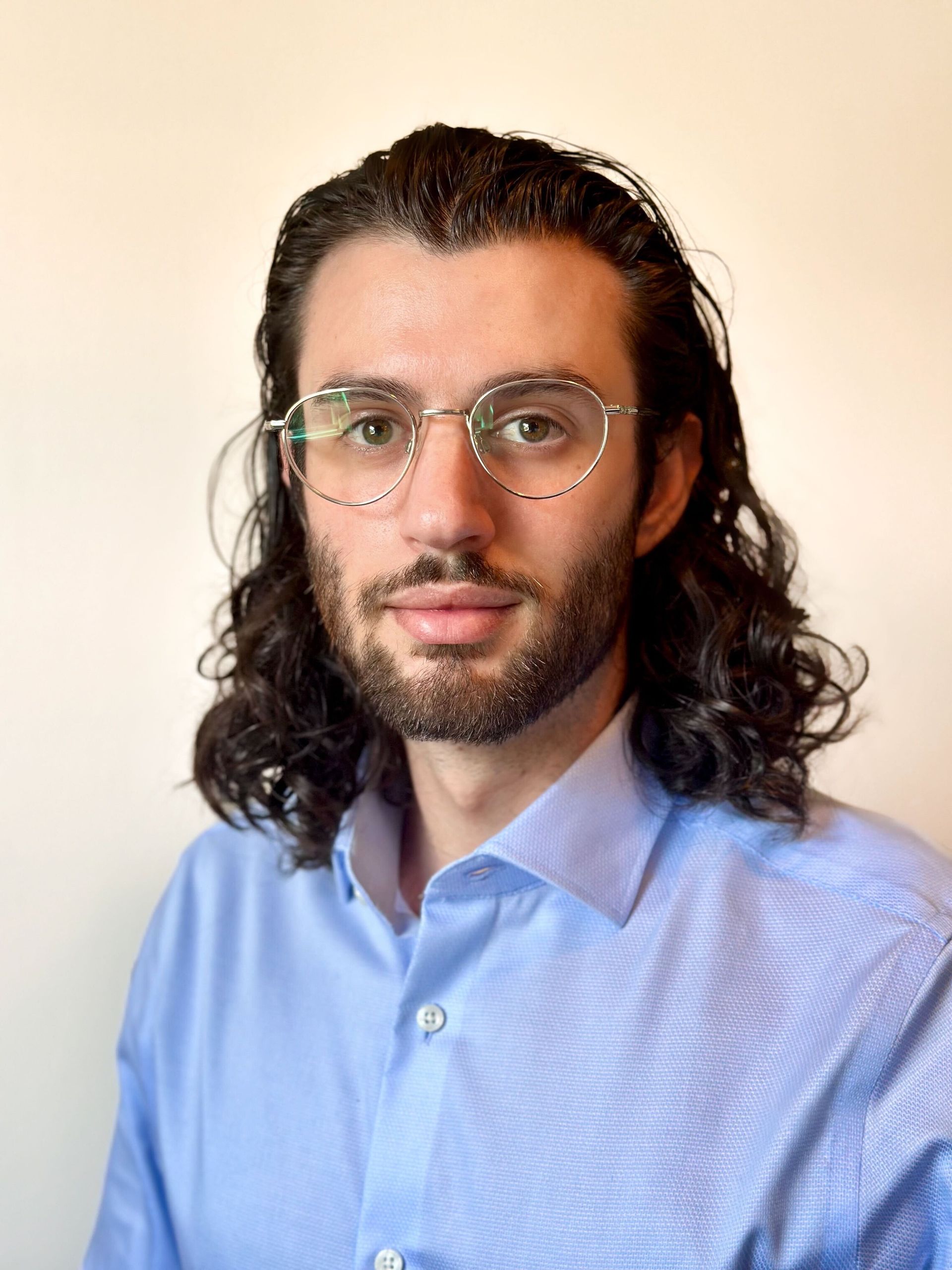
Jon Augarten, Business Development Manager, Generate Upcycle
Jon Augarten is the Manager of Business Development at Generate Upcycle, which develops, owns, and operates facilities that turn organic waste into renewable energy, clean water, and climate-smart fertilizers. Jon oversees account management for Generate Upcycle’s U.S. food waste anaerobic digesters and provides custom organic waste recycling solutions for companies and municipalities. He has nearly a decade of experience in organic waste management and animal agriculture. Jon holds a B.S. in Biology from Cornell University.
Concurrent Session B | The Role of Life Cycle Analysis in Certification and Green Procurement
Building a more robust recycling supply chain means creating consistent and reliable demand for recycled material. How important is purchasing products with post-consumer resin to organizations? This session will dive into organizations’ approaches to green procurement and explore the inherent links between green procurement, life cycle analysis, and certification

Shaina Banks, Product Manager, Green Seal
Shaina is a Product Manager at Green Seal, leading the development of science-based standards that recognize environmental leadership in the plastic, paper, and packaging industries. Experienced in technical research, stakeholder outreach, and science communication, she builds criteria that shift industries toward more sustainable choices in product design and operations. Prior to joining Green Seal, Shaina held roles at Republic Services and the City of Falls Church, Virginia. Shaina holds a B.S. in Environmental Sciences from the University of Virginia.
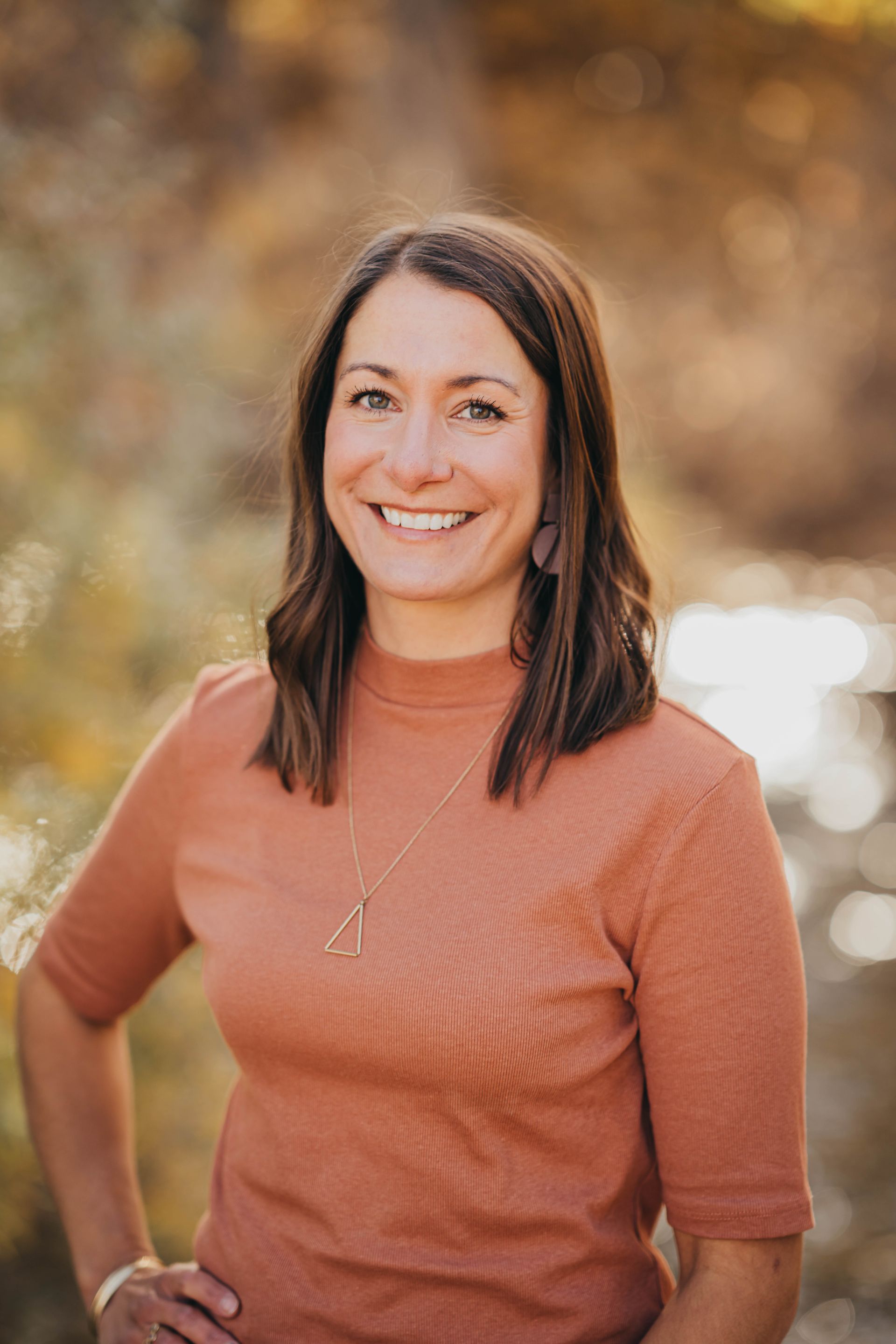
Megan Jorgensen, Sustainability Maven, Eco-Products
With 15 years of working in the sustainability field, Megan Jorgensen has a unique set of experiences and skills around responsible sourcing and supply chains, operational footprint and impacts, zero waste programs, DE&I, and stakeholder engagement. She has spent her career developing programs for Sustainability, Environmental Compliance, and Occupational Health and Safety, and is currently the lead of Sustainability and Impact for Eco-Products, a leading provider of foodservice products made from renewable resources or post-consumer recycled content.
In her role at Eco-Products Megan is responsible for developing and implementing a comprehensive Sustainability and Impact strategy, including . She also supports the Product & Zero Waste Specialist team in their efforts to scale waste diversion practices for customers by assisting in the development of their zero waste programs, and by working with composters, industry partners and thought leaders to build responsible waste infrastructure across the US.
Megan earned a MSMO in Managing for Sustainability from the CU Denver Business School in 2016. She has been actively involved in the responsible business community through the years, from acting as the Sustainability Chair to local responsible food and business events, to serving on multiple advisory boards, and mentoring other individuals and organizations in their sustainability journey.

Celeste McMickle, Director, TRUE Zero Waste certification with the USGBC
Celeste McMickle is the Director for TRUE Zero Waste certification with the USGBC. Celeste has a background in architecture and is a TRUE Advisor, LEED AP and LEED Green Rater. She worked as a LEED consultant for many years before her passion for recycling and composting led her to the wild world of zero waste. She serves on the board of NYSAR3 and the Brooklyn Solid Waste Advisory Board and is a certified Master Composter and Permaculture Designer. She is a 2021 recipient for the 40 under 40 award by Waste360. Celeste holds a Bachelor of Architecture from Syracuse University and a Master of Science in Sustainable Design from the San Francisco Institute of Architecture.
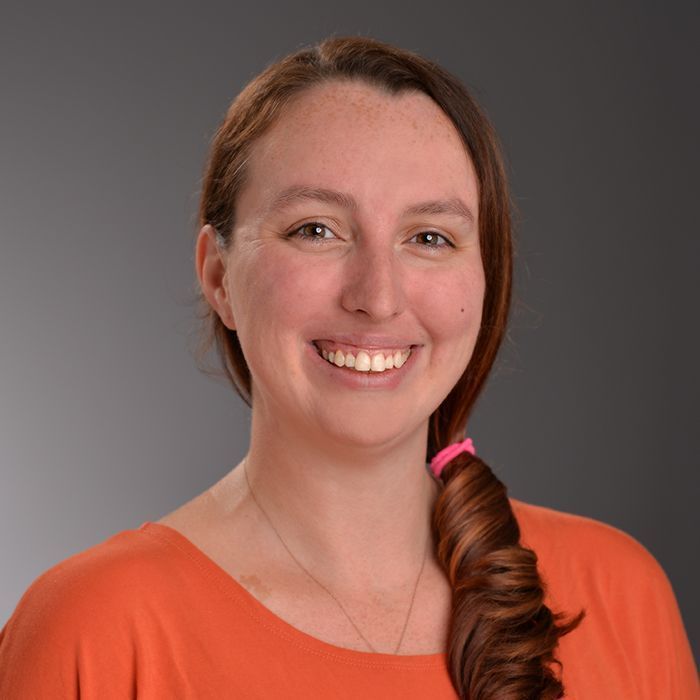
Victoria Nellis, Green Purchasing Program Manager, MD Department of General Services
Victoria Nellis has been with the State of Maryland for ten years, serving in different procurement related roles, and is currently the Green Purchasing Program Manager at the MD Department of General Services where she leads the statewide green procurement program. Victoria serves as the Chair of the Maryland Green Purchasing Committee, an interagency committee to advance sustainable procurement in Maryland state government. She has earned her Certified Professional Public Buyer (CPPB), NIGP - Certified Procurement Professional (NIGP-CPP), Certified Maryland Procurement Officer (CMPO), and Green Purchasing Specialization (CMPO+GPS). She also holds a Bachelor's degree in Environmental Management.
Roundtables: Case Studies to Increase Quality & Quantity of Recyclables
Recycling supply and demand issues are primary components to recycling market development. For many years, increasing demand for recycled materials has taken precedence over supply issues. Featuring NERC’s Guide to Increasing Recycling Supply, regulatory and non-regulatory policies and programs that have been successful in increasing the quantity and quality of supply of recyclables will be shared.
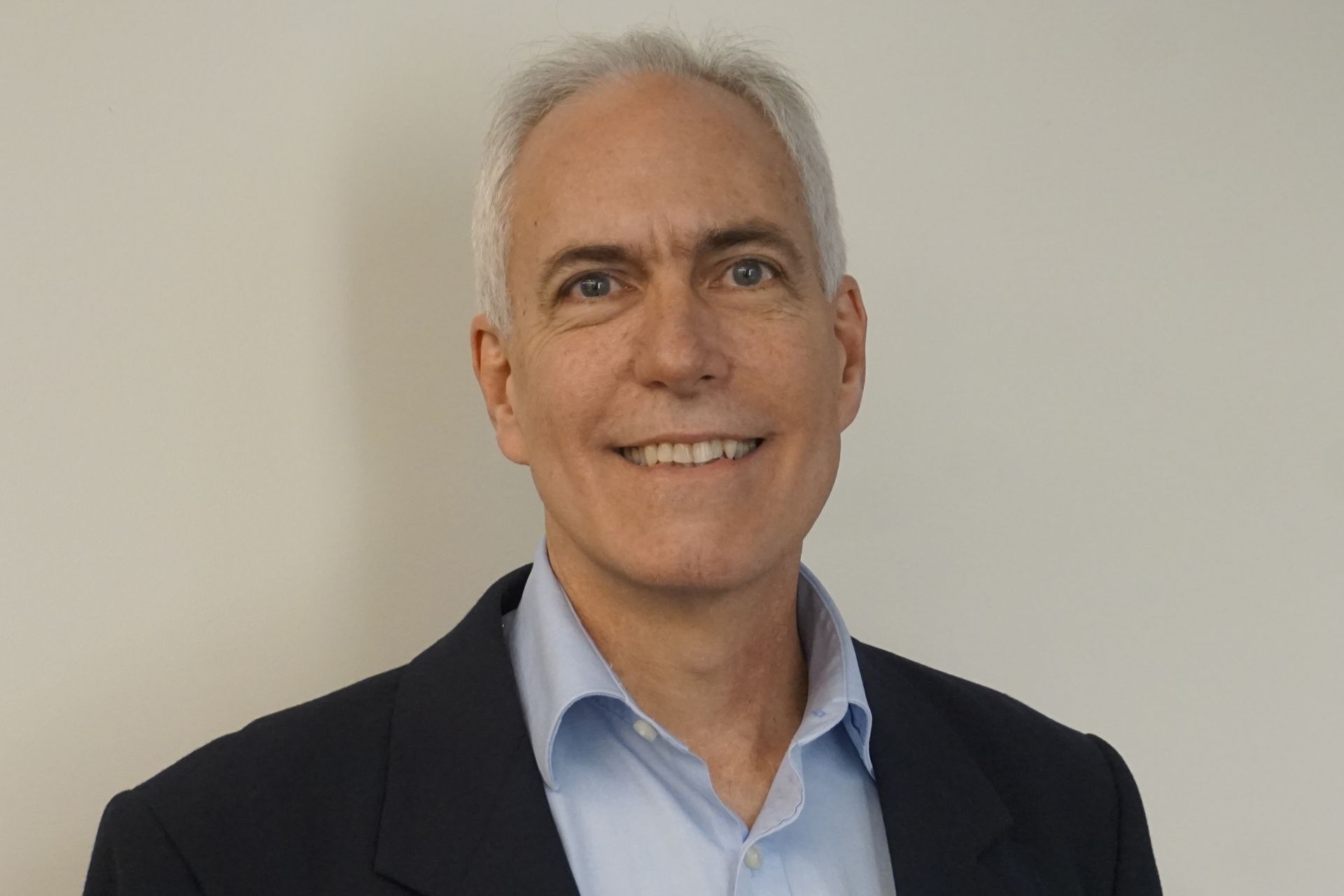
Bret Biggers, Senior Economist, Recycled Materials Association
Bret Biggers is a senior economist at ReMA. He collects, analyzes, and disseminates information on recycled commodity trends. He is the staff liaison for the Paper Division, Plastics Division, and the MRF Committee. Other efforts Biggers working on is the ReMA Specifications Circular, the ReMA Fiber Recycling Readiness Tool, the ReMA Recycled Materials Industry Yearbook, Trade Committee and Market Access Working Group.
Biggers has addressed economic, markets, and sustainability issues throughout most of his career, authoring articles and producing reports. He has worked at the National Waste & Recycling Association, Flexible Packaging Association, and consulted in the trucking, chemical, and specialty printing industries.

Gretchen Carey, Sustainability Director, Republic Services
Gretchen Carey has worked in the environmental field for over 15 years as a volunteer, municipal recycling coordinator, and now the Republic Services Sustainability Director for New England. Gretchen provides training and education on recycling for both municipalities and commercial customers while helping to build the organics infrastructure in New England. She is also President of the Board of MassRecycle, the statewide non-profit organization dedicated to sustainable materials management. Gretchen is a LEED Green Associate, a Zero Waste TRUE Advisor, and co-founder of GreenLabs Recycling, the hyperlocal company for plastics recycling.

Cathy Doodnauth, Regional Planner, Massachusetts Department of Environmental Protection
Cathy Doodnauth is an Environmental Analyst with the Massachusetts Department of Environmental Protection (MassDEP), within the Municipal Waste Reduction Branch. Cathy works on recycling outreach and education through the Recycle Smart MA program, engaging with the public on waste reduction strategies across multiple digital platforms. She also leads the Recycling Dividends Program, part of MassDEP’s Sustainable Materials Recovery Program (SMRP), that provides millions in waste reduction funding to cities, towns, and regional groups across Massachusetts. Cathy holds a B.A. in Environmental Humanities from Stony Brook University. In her spare time, she enjoys reading, playing video games, and kayaking.

Jen Heaton-Jones, Executive Director, Housatonic Resources Recovery Authority
Jennifer Heaton-Jones is the Executive Director of the Housatonic Resources Recovery Authority, a regional, governmental solid waste and recycling authority serving 14 municipalities in Western Connecticut. She has been with the HRRA since 2009. She is a board member on the Recycle CT Foundation. The RecycleCT Foundation is a nonprofit organization whose mission is to promote the importance of managing materials more sustainably through waste reduction, reuse, recycling and composting. The Foundation created the State of Connecticut’s universal recycling guide What’s In, What’s Out (WIWO). Jen also serves as the President of the Northeast Chapter of NAHMMA, Chair of the CT Product Stewardship Council and President of the CT Recyclers Coalition.

Erin Jensen, Environmental Specialist, New Jersey Department of Environmental Protection
Erin Jensen is an Environmental Specialist with the Division of Sustainable Waste Management at the NJDEP. She has been with the DEP for 7 years and focuses mainly on recycling activities including being the Point of Contact for Recycle Coach and managing the rules for P.L.2020, c.117, the Single-Use Plastic Reduction Law. As well as leading the implementation of the law in May of 2022, Erin also manages the Municipal Tonnage Grant program, holding multiple education courses throughout the year and reviewing applications for the grant.

Paula Jensen, Project Manager/Senior Environmental Planner at the Prince George’s County Department of the Environment (DOE)
Ms. Jensen dedicated 10 years working on projects targeting sustainable growth of emerging cities in undeveloped countries, providing urban planning support for current and historic urban footprint, urban growth scenarios and land use analysis leading to the definition of a sustainable scenario “Sustainable Cities” for cities in Latin America & the Caribbean (e.g., Bolivia, Nicaragua, Suriname, Barbados, Bahamas, and Haiti). Ms. Jensen has extensive experience as project manager and more than 4 years designing and developing outreach plans for the Resource Recovery Division (RRD) of the Prince George’s County (PGC) Department of Environment (DoE), including methods, techniques, and approaches to educate and inform residents about recycling programs and services in English and Spanish.

Michael Parkowski, Chief of Business and Governmental Services, Delaware Solid Waste Authority
With a strong background in Waste & Recycling and a masters degree in Public Administration , Michael is passionate about connecting people with information to make decisions, communicate effectively, and grow. Michael specializes in public education, state and local government legislation, regulatory, and community affairs issues. Through his experience with, Strategic Planning, and the Delaware Solid Waste Authority as well as serving on public boards and committees, Michael has become proficient in written and verbal communication skills, time management, and public service initiatives.

Mike Noel, Director of Public Affairs, TOMRA
Mike is a Public Affairs Director at TOMRA, the world’s largest provider of recycling and reuse technology. Mike advises policymakers throughout North America on packaging, textiles and reuse public policies. TOMRA operates in over 40 jurisdictions around the world with refillable and single-use container Deposit Return Systems and EPR for packaging programs. The first project of TOMRA’s Reuse venture includes operating a reusable take-out packaging program in Denmark. Mike is the co- author of “Rewarding Recycling: Learnings from the World’s Highest Performing Deposit Systems”. Prior to joining TOMRA, Mike was a Strategy Director at Futerra where he advised multinationals including Google, Target and The North Face on their circular economy and climate strategies. Mike studied Marketing and Environmental Policy at Fordham University where he helped establish the University's Sustainable Business program. Mike is based in Connecticut with his family.

Bob Cappadona, Vice President, Casella Resource Solutions
Bob Cappadona is a seasoned executive with over 25 years of experience in the waste and recycling industry. As Vice President of the Casella Resource Solutions team, he oversees the company's Recycling, Organics, and Professional Services Operations. A few key responsibilities:
- Manages Commodity Marketing, Operations, and Technology & Equipment divisions
- Focuses on capturing new materials and improving the quality of recovered resources
- Leads a team of professionals processing and marketing over 1.5 million tons of recyclables and organic materials annually
- Plays a crucial role in implementing Casella's long-term resource solution strategy
Career Highlights:
- 25-year tenure at Casella, serving in various roles
- Previously supervised 25 Recycling Facilities for the company
Education:
- Bachelor of Science in Business Management, University of Massachusetts Lowell
Bob's extensive experience and leadership in resource management position him as a key figure in Casella's commitment to sustainable waste solutions and environmental stewardship.
Building Blocks for Consumer Recycling
There are many components to achieve consumer recycling engagement, the most foundational being that the product or package is recyclable in the first place. However, as evidence shows, just because a material is recyclable does not mean it will be recycled. Is the consumer aware of its recyclability? And if so, what other factors play into whether they act to recycle it? This session will illuminate the interconnectedness between consumer behavior, education, and technology. Topics to be explored include packaging design, labeling, and behavior change.
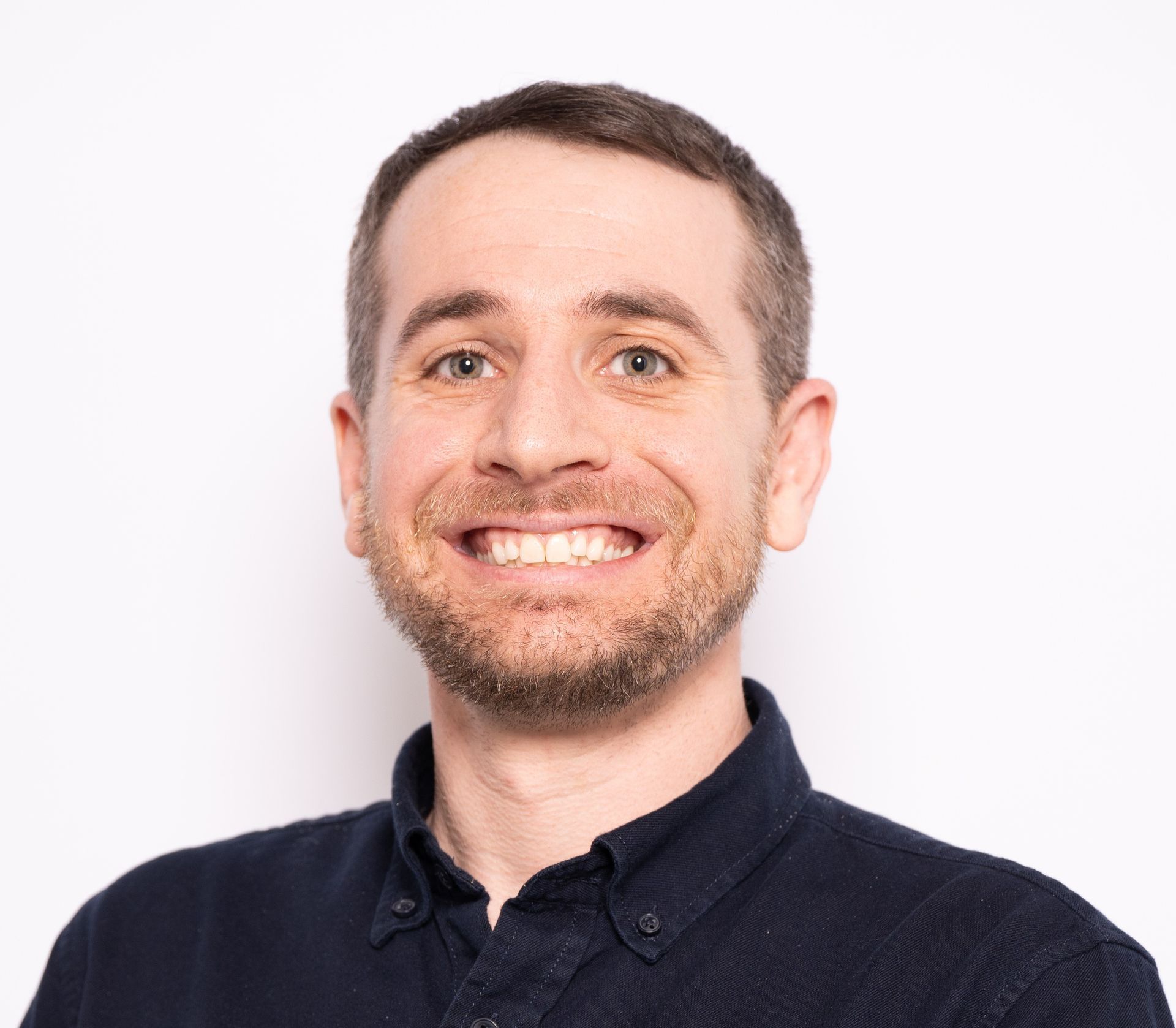
Michael Wasserman, Senior Consultant, Eunomia North America
Michael Wasserman is a Senior Consultant at Eunomia Research & Consulting, a B Corp certified firm specializing in waste and resource management. Michael collaborates with public and private sector clients to deliver strategic, data-driven solutions that facilitate the transition to a circular economy. His diverse project experience spans key areas such as Extended Producer Responsibility (EPR) for packaging, the design of reusable packaging systems, and promoting environmental justice within recycling programs. Michael holds an MA in Globalization, Business, and Development from the University of Sussex and a BA in Economics and Human Services from The George Washington University.
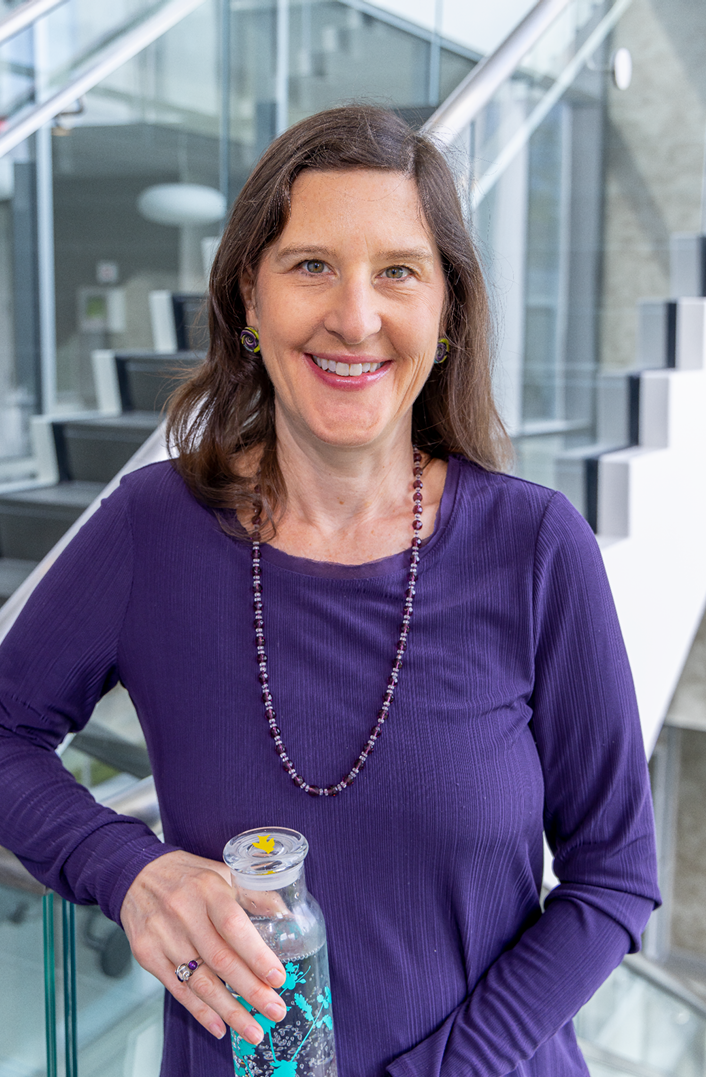
Anne Bedarf, Director Packaging & Plastics Sustainability, Colgate-Palmolive
Anne Bedarf joined Colgate-Palmolive in 2017 as Packaging Sustainability Manager. Prior to joining Colgate, Anne spent 9 years with the non-profit GreenBlue, managing membership, training, and projects for the Sustainable Packaging Coalition (SPC), and also previously worked in local government and environmental consulting. While at the SPC, Anne worked with brands, retailers, packaging suppliers, local and federal governments, and non-profits to develop the on-pack How2Recycle Labeling Program. At Colgate, Anne is driving progress towards Colgate's packaging sustainability goals including unprecedented collaboration for recyclable tubes.

Tonya Randell, Public/Private Engagement Manager, Stina Inc.
Tonya Randell is the Public/Private Engagement Manager at Stina Inc., a mission-based research and technology company. She is the co-lead and data analyst for the Plastic Squeeze Tube Recycling Project, which supports efforts to convert plastic squeeze tubes to compatible for recycling designs. She also supports Stina’s core data collection and insights work focusing on policy tracking, national plastic bale audits, and the Plastic Recycling Study.
Additionally, she serves on the APR Film Committee and as Critical Guidance Recognition Reviewer and is the Stina representative as a RecyClass Supporter.
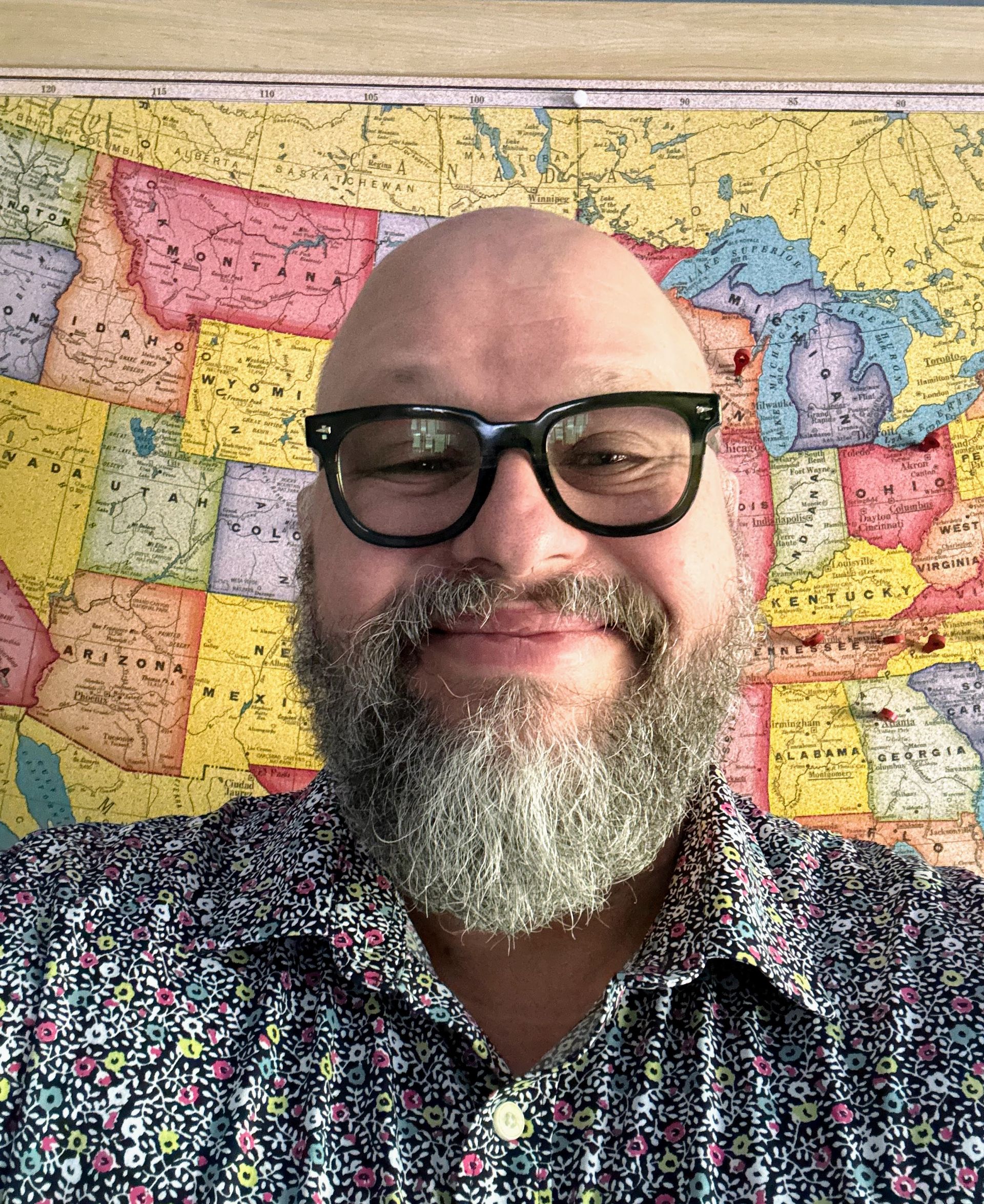
Dylan de Thomas, Vice President of Public Policy and Government Affairs, The Recycling Partnership
Dylan de Thomas leads state policy work at The Recycling Partnership, and supports policy development and advocacy strategy for the organization. While at the Partnership, Dylan has worked across the organization, serving as a recycling system stakeholder representative, working to communicate, collaborate and find consensus on complex issues surrounding unlocking the circular economy. Dylan is also active around recycling policy implementation in his home state of Oregon, having chaired the state's Truth In Labeling Task Force and is currently serving on the state's Recycling Advisory Council as it works to advise the implementation of Oregon's EPR law, the Recycling Modernization Act.
Day Three Speakers | Wednesday, October 30th
Opening Remarks

Gary Feinland, Waste Reduction & Recycling Outreach and Education Section Supervisor, Bureau of Waste Reduction and Recycling, New York State Department of Environmental Conservation
Gary has worked for the Department of Environmental Conservation for 25 years, primarily with the Bureau of Waste Reduction and Recycling. For much of that time he has concentrated on reducing wasted food, food donation and recycling food scraps through composting. Recently he has broadened his focus as supervisor of the Waste Reduction & Recycling Outreach and Education Section, which in addition to what you might expect with such a name, involves implementation of the Bottle Bill, plastic bag ban and film plastic recycling, and the expanded polystyrene foam ban. Gary also chairs a materials management working group as part of the Climate Smart Communities certification process.
When not at work, you can often spot Gary in the garden or the compost pile.
Gary has a Bachelor’s degree in Biochemistry from the Rutgers School of Environmental and Biological Sciences and a Master’s Degree in Environmental Science from the SUNY College of Environmental Science and Forestry.
Innovative Approaches to Reuse
Reuse plays a vital role in the waste hierarchy, coming after "prevent" and "reduce." Historically, reusing and repurposing everyday materials were common, providing valuable lessons for today’s sustainability challenges. This session will explore modern strategies to expand reuse beyond traditional packaging, focusing on areas like building materials, glass bottles, textiles, and more. Learn what steps can be taken to develop a comprehensive reuse system that supports the circular economy, reduces waste, and fosters sustainability across various industries by incorporating both historical insights and cutting-edge research.

Sue Fassler, Director of Sustainability,Center for Sustainable Materials Management at SUNY ESF
Sue serves as the Director of Sustainability at the SUNY College of Environmental Science and Forestry. She also focuses on closed loop, responsible purchasing efforts and reuse at the Center for Sustainable Materials Management, sits on the Tug Hill Tomorrow Land Trust Board of Directors, co-chairs the United University Professions (UUP) statewide Environmental Issues & Advocacy Committee, and serves on the SUNY Sustainability Advisory Council.

Diane Cohen, CEO, Finger Lakes ReUse, Inc.
Diane Cohen is chief executive officer of Finger Lakes ReUse, Inc., an award-winning nonprofit enterprise incorporated in Ithaca, NY in 2007 to help transform the costs of waste into community value. Diane has been working professionally in waste diversion through reuse since 2001, and enjoys taking a collaborative approach with multi-sector partners to help design and activate a more comprehensive, sustainable and just materials management system. The ultimate goal is for all reusable and repairable materials to remain circulating in local economies, providing opportunities for skill-building, empowerment and community connection in the process.
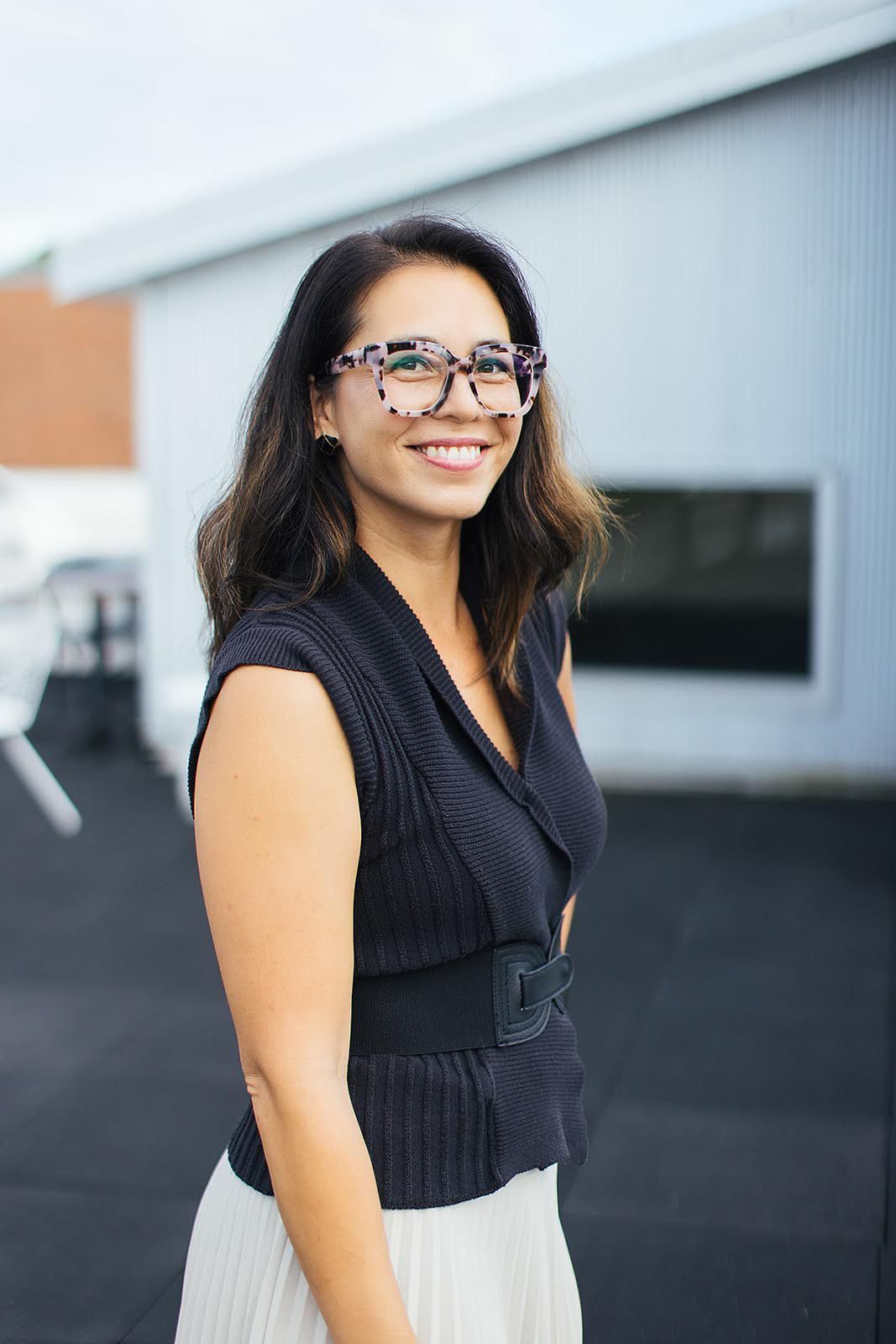
Crystal Dreisbach, CEO, Upstream
Crystal Dreisbach is a reuse pioneer whose life goal is to disrupt the status quo of our throw-away economy. She is in her 14th year of creating solutions that move our society away from single-use and joined Upstream as their new CEO in August 2023. Previously, she founded Don't Waste Durham (est. 2013) which led local and state policy changes to reduce single-use plastics and built infrastructure (logistics, wash, staffing) that make reuse possible. Her goal is to help shift our economy to one that is just, sustainable, and builds economically resilient communities. She believes reuse must be our societal norm, not the exception.
Crystal's award-winning work has been featured on national news including PBS, NPR, Treehugger, and Fast Company Magazine. In 2021, she was awarded Activist of the Year at The Reusies®. She has a Masters degree in public health and is a Returned Peace Corps Volunteer. In her spare time, she connects with the natural world by camping, hiking, and fishing. She’s the mother of two school-age boys.

Adam Rack, Co-Founder, Revino
Adam Rack, Milwaukie, OR, is the co-founder of Revino, headquartered in Oregon’s Willamette Valley . Revino is reviving the refillable glass bottle ecosystem in the beverage industry, with an initial focus on wine packaging.
Rack developed an interest in sustainability at an early age. After graduation, he joined Oregon’s wine industry as operations manager at Coopers Hall and impacted the PNW region by consulting on diverse keg wine programs and tap systems from small restaurants to the Oregon Zoo and Convention Center. In 2020 he launched a wine club exclusively featuring reusable bottles. His work has prevented the use of over one million single-use bottles.
He serves on the PR3 Reusable Packaging System Standards Panel, the Association of Oregon Recyclers EDI committee and is a team leader with his local Community Emergency Response Team. His work extends to policy initiatives across the country with NGOs in the recycling and waste reduction movement.
His diverse hobbies include baking, fostering dogs, hosting dinners and gardening with his partner, Sean.

Gretchen Worth, Project Director, Christopherson Center for Community Planning
Gretchen Worth directs the Susan Christopherson Center for Community Planning, which supports New York State communities in their efforts to plan for a more equitable, climate-resilient built environment. The Christopherson Center is a founding partner of CR0WD, a multi-stakeholder collaboration working to develop a circular construction economy.
A Dive into Extended Producer Responsibility (EPR) for Packaging
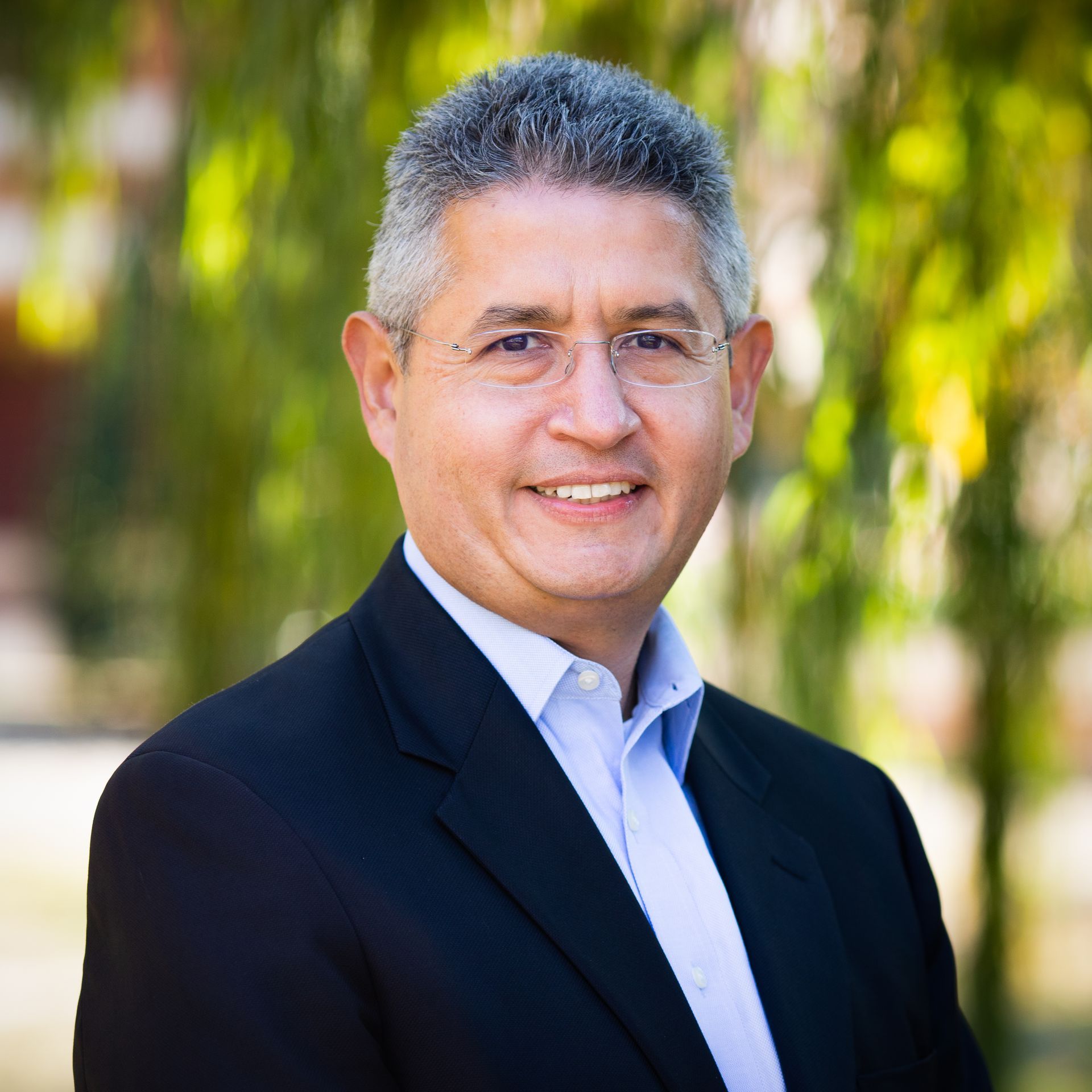
Alejandro Pérez, Senior Vice President of Policy and Government Affairs, World Wildlife Fund
Alejandro Pérez is the Senior Vice President of Policy and Government Affairs at World Wildlife Fund (WWF). In his role, Mr. Pérez leads a team of conservation and policy experts to advance WWF’s mission and ensure robust and ambitious US government leadership to drive transformative change for conservation both at home and abroad. WWF advocates for effective conservation policies to curb nature loss and prevent the overexploitation of natural resources, including by reducing plastic pollution. Prior to joining WWF, Mr. Pérez worked for over two decades in government, including as Special Assistant to California Attorney General Xavier Becerra, Deputy Assistant to the President for Legislative Affairs in the Obama administration, senior advisor to US House Majority Leader Steny Hoyer, and Executive Director of the US Congressional Hispanic Caucus. Mr. Pérez holds a Master’s degree in International Relations from the Maxwell School of Citizenship and Public Affairs at Syracuse University, and a Bachelor’s degree in Government from the University of Texas at Austin.
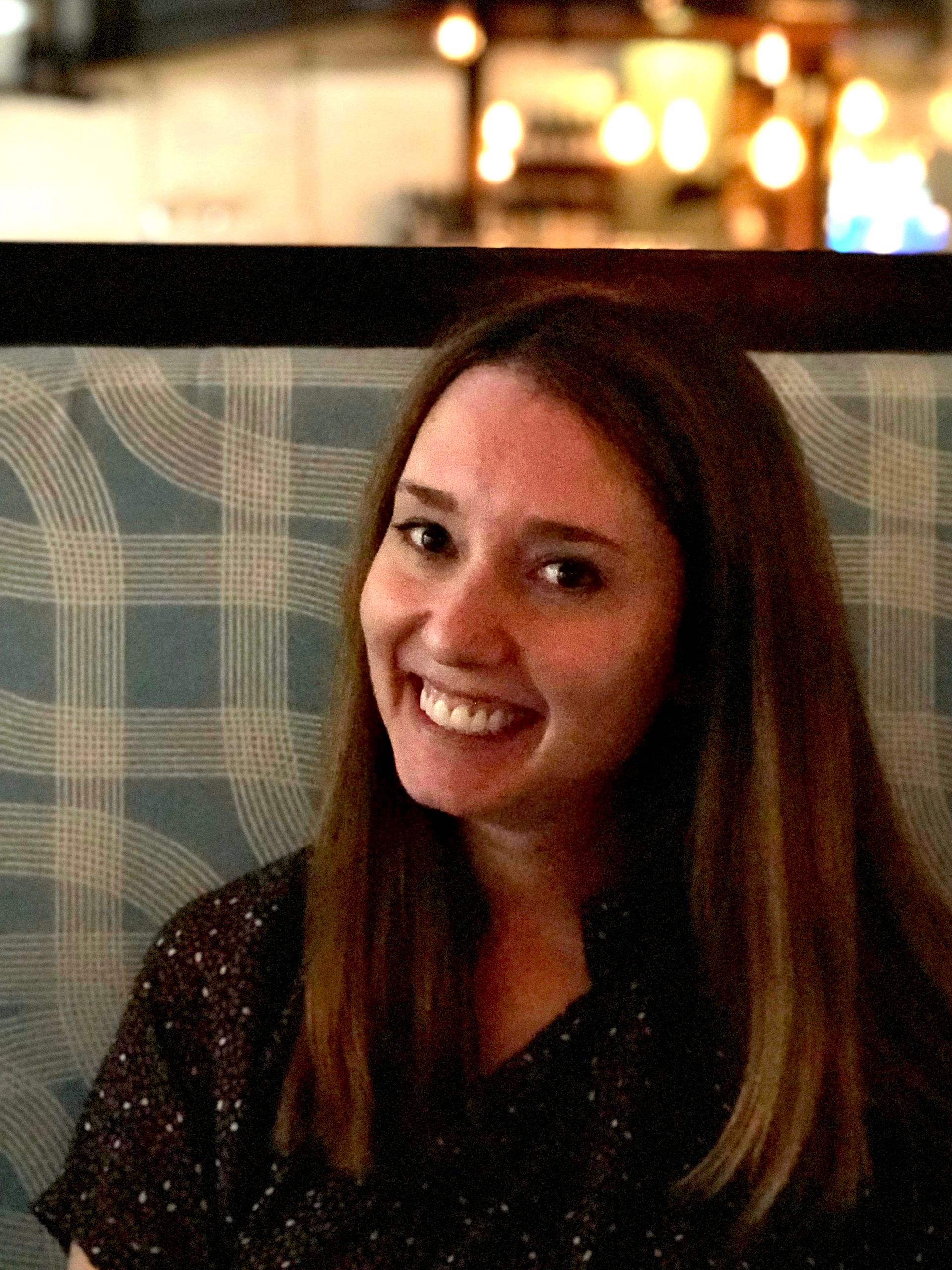
Megan Daum, Vice President of Sustainability, American Beverage Association (ABA)
Megan Daum is the vice president of sustainability at the American Beverage Association (ABA), where she has overseen the industry’s sustainability programs, policies and activities for over five years. Prior to joining ABA, Megan was the vice president of sustainability at the Can Manufacturers Institute (CMI), where she headed the sustainability program for fourteen years. She has sat on various U.S. and International Committees on packaging, policy and the environment. She has a master’s degree from the University of Vermont and lives in Washington DC.
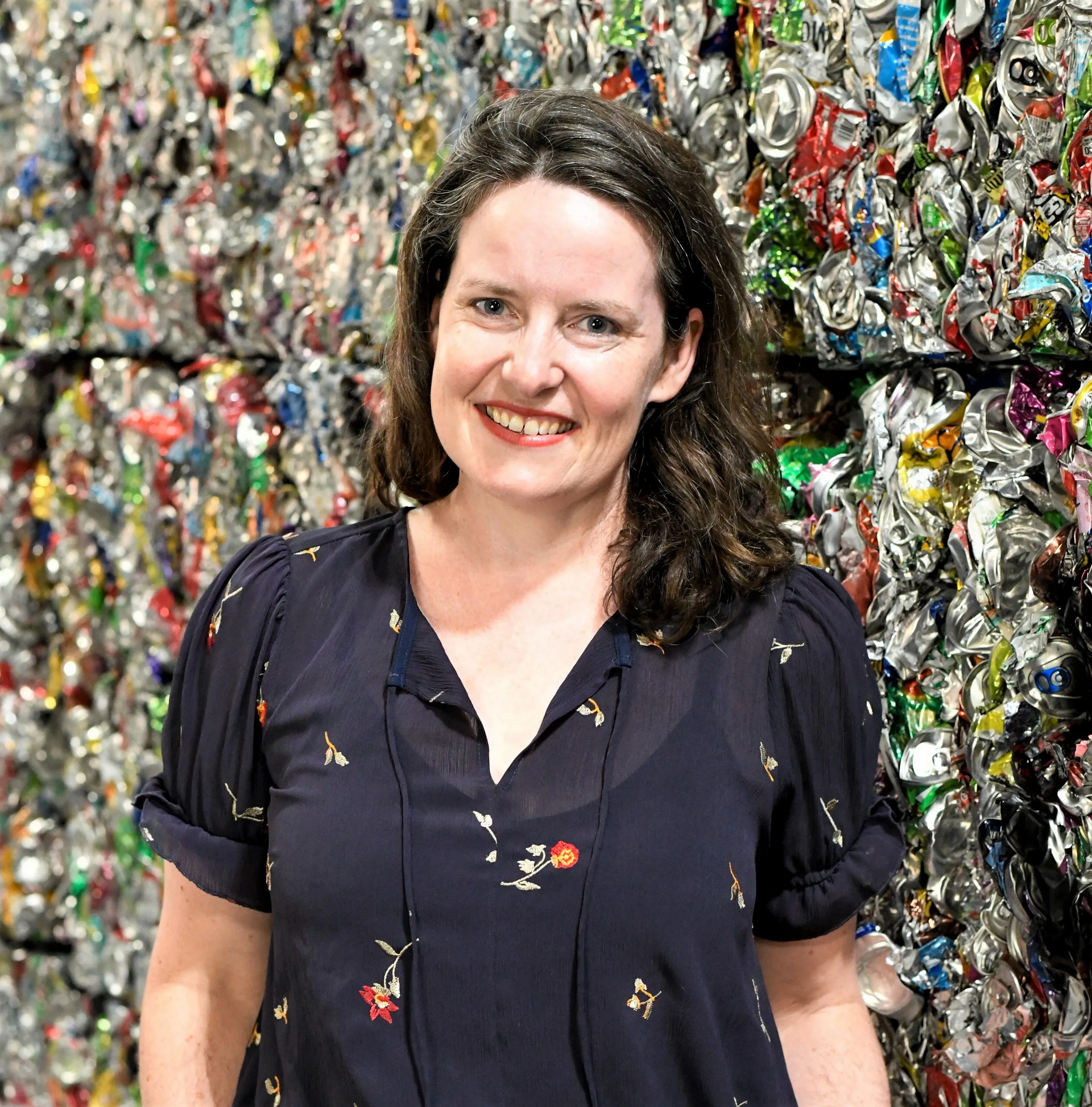
Lucy Mullany, Director of Policy & Advocacy, Eureka Recycling
Lucy Mullany joined Eureka Recycling in 2022 as the Director of Policy & Advocacy. In her work at Eureka, Lucy leads their local, state and federal policy campaign. She’s also a founding member of the Minnesota Zero Waste Coalition and serves as the Director of Policy for the Alliance of Mission-Based Recyclers (AMBR). Prior to coming to Eureka, Lucy was a leading advocate for economic justice and financial security policy at the federal, state and local levels. While at Heartland Alliance for Human Rights and Human Needs in Chicago, she led their Financial Empowerment policy unit and served as the Director of the statewide coalition, Financial Inclusion for All Illinois. During her tenure, Lucy passed significant legislation including passage of the country’s first automatic retirement savings program for low-wage workers, reforms to the Temporary Assistance to Needy Families program, and consumer protections against predatory financial loans and products. She lives in Minneapolis, MN with her husband, two kids, two cats, and dog.
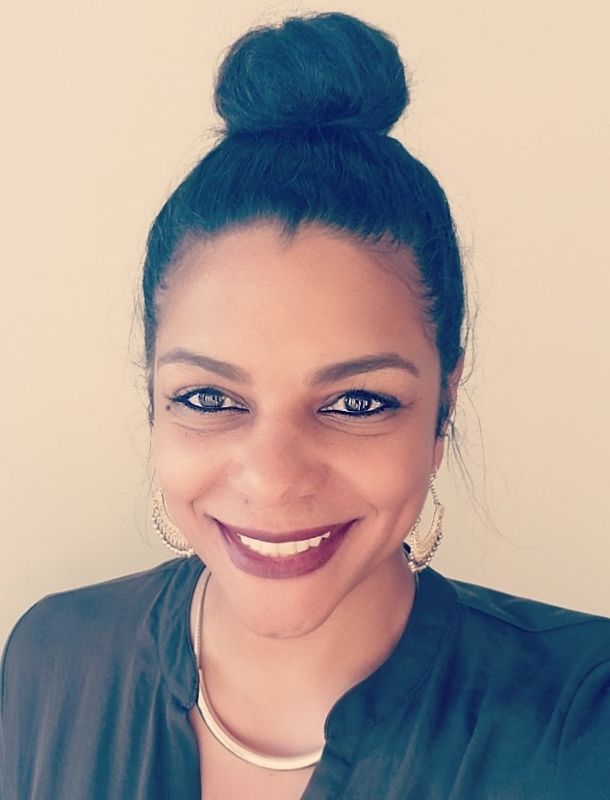
Erica Nuñez, Head of the Plastics Initiative, The Ocean Foundation
Erica Nuñez is Head of The Ocean Foundation's Plastics Initiative, where she leads the management and strategic development of the organization's scientific and policy activities to combat plastic pollution. Erica has nearly twenty years of conservation experience and served fourteen years with the US federal government. She has an extensive background in international governance and policy related to plastic pollution issues. Her portfolio includes the ongoing negotiations for an International Legally Binding Instrument on Plastic Pollution, the Basel Convention, and other bodies of the United Nations Environment Programme (UNEP).
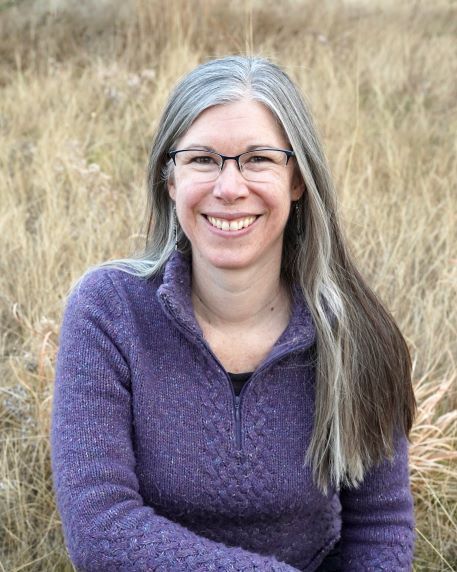
Rachel Setzke, Senior Policy and Research Associate, Eco-Cycle
Rachel Setzke (she/her) has been with Eco-Cycle since 2019. In her role as Senior Policy and Research Associate, she researches trends and best practices in recycling, compost, Zero Waste and circularity in order to support Eco-Cycle’s education and advocacy work. Her work has focused on providing policy and program solutions at the community and state levels as well as studying diversion access, trends and scalable solutions across Colorado. Rachel is the lead author of the annual State of Recycling and Composting in Colorado Report and an author of the Municipal Blueprint for Compost Expansion. Rachel has helped draft, advocate for and implement state laws including the Plastic Pollution Reduction Act, Producer Responsibility for Recycling and two compost bills. She is an active member of Recycle Colorado’s Board, Greater Colorado Council and Policy Committee, as well as multiple national groups working on Extended Producer Responsibility. Rachel has worked in the nonprofit sector for over 20 years. Rachel was born and raised in Colorado and, after college in Wisconsin, she returned to the Colorado where she currently resides with her husband, kids and cattle dog mutt.


